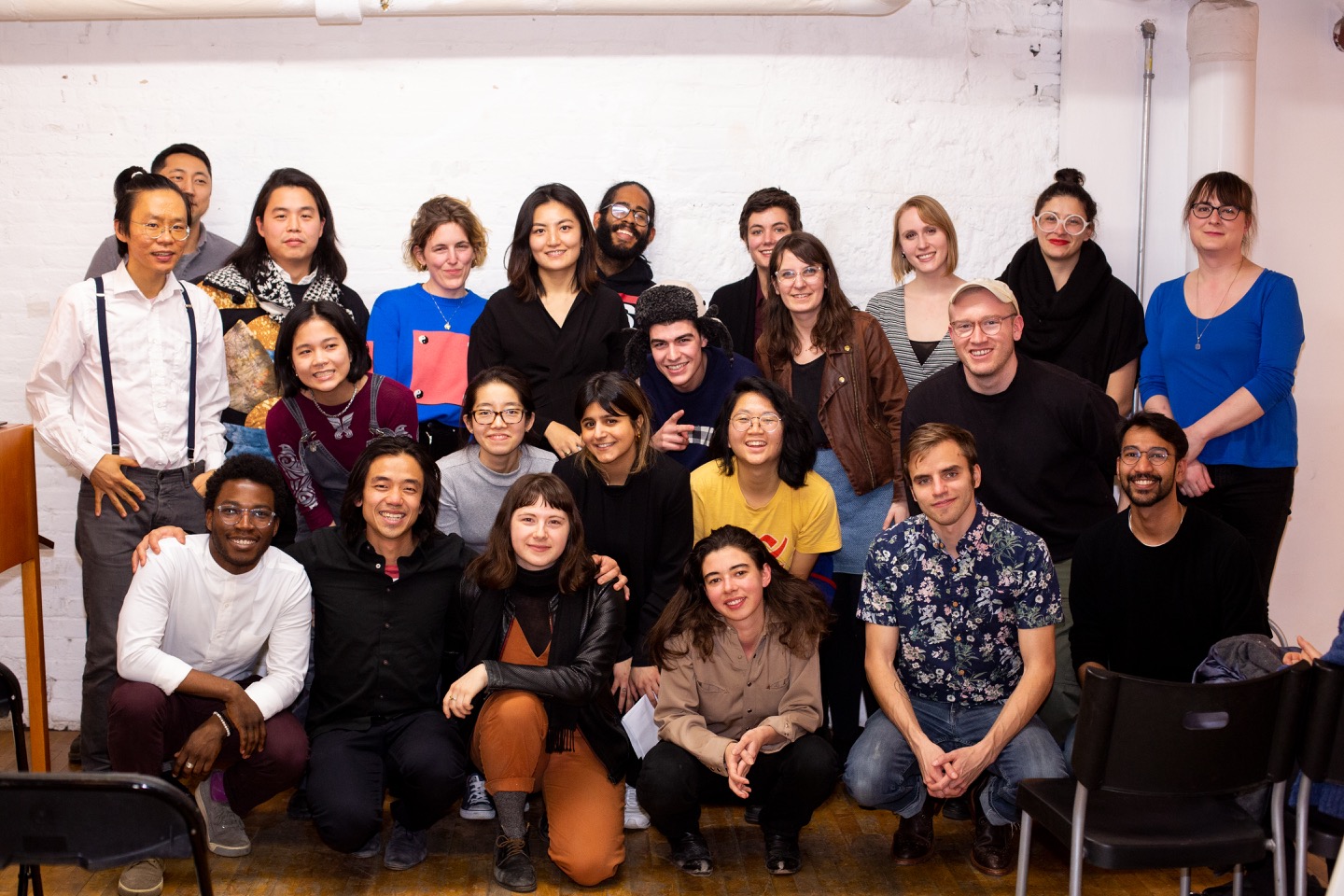Code Societies: Student Showcase
Final day!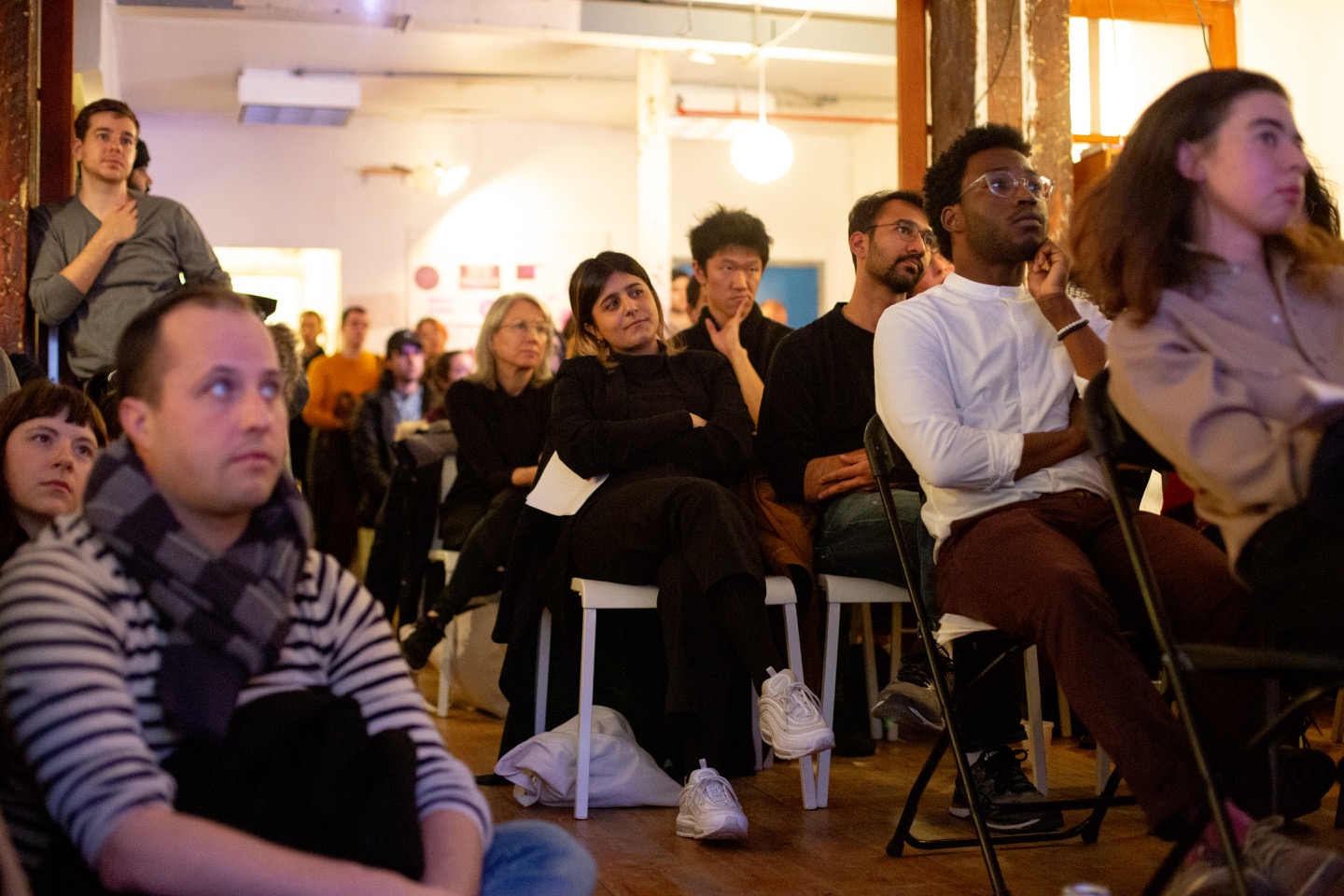
On the final day of Code Societies, we celebrated each other and the experience as a whole with a showcase event. Each student gave a short presentation on something they had been working on, or their musings since participating in the program. The impact of the program on each student really came through and it was so nice to hear everyone’s reflections on the experience. It became clear just how meaningful the workshops had been for each person. In addition to giving short presentations we also had the opportunity to install our work in the window room of SFPC. There were installations of mushrooms, pen plotters, and super sad google queries. It was so fun to finally spend some time with all of the different projects. Even though we only had a day and a half to get everything ready for a public showcase I was able to see all of the things we discussed throughout the 3 week session shining through each piece.
AC Gillette: Found Manuscripts I II and III
These mid 22nd century manuscripts were found at an abandoned CYM site. On loan from The Society for the Study of the CYM People.
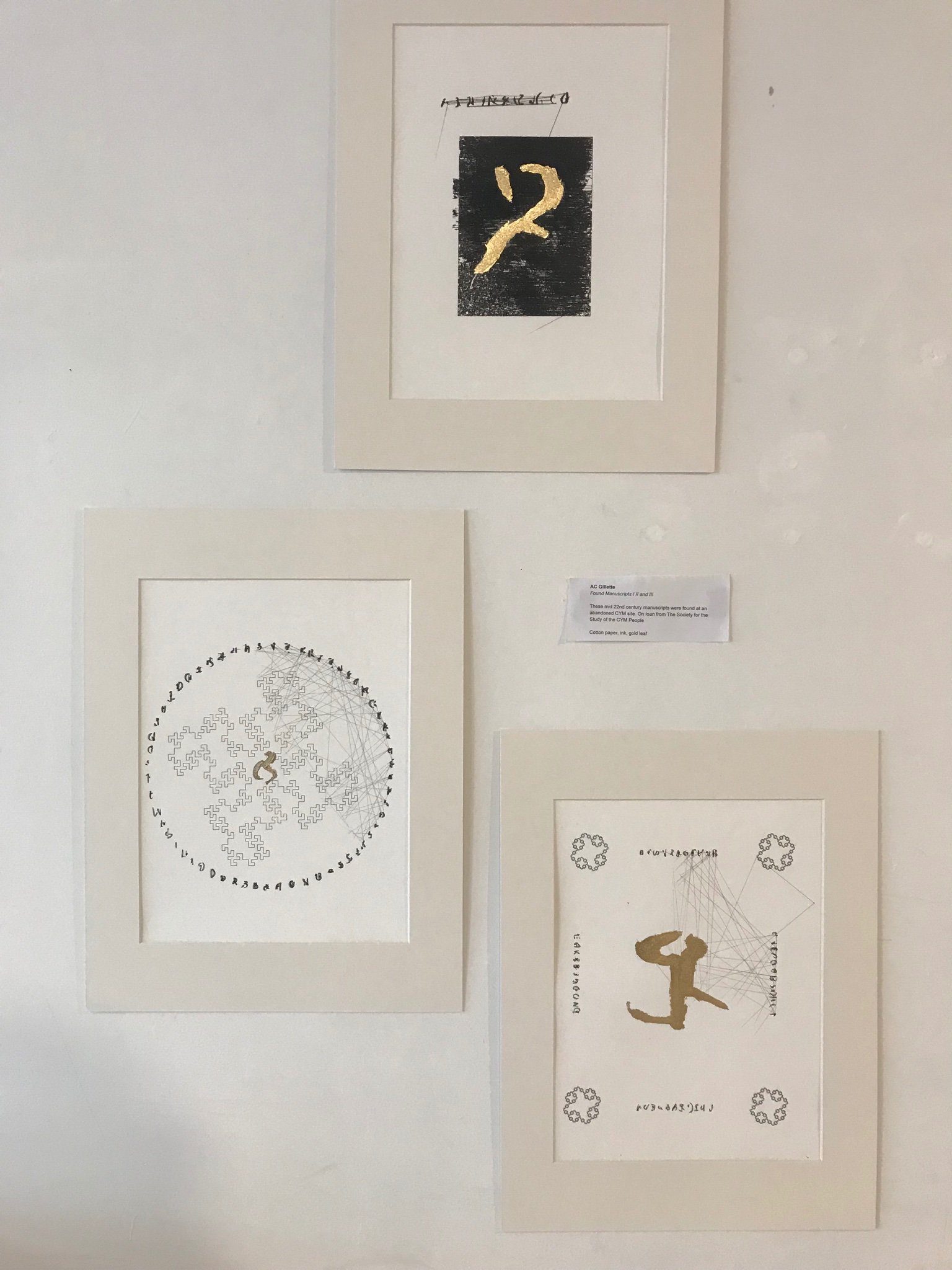
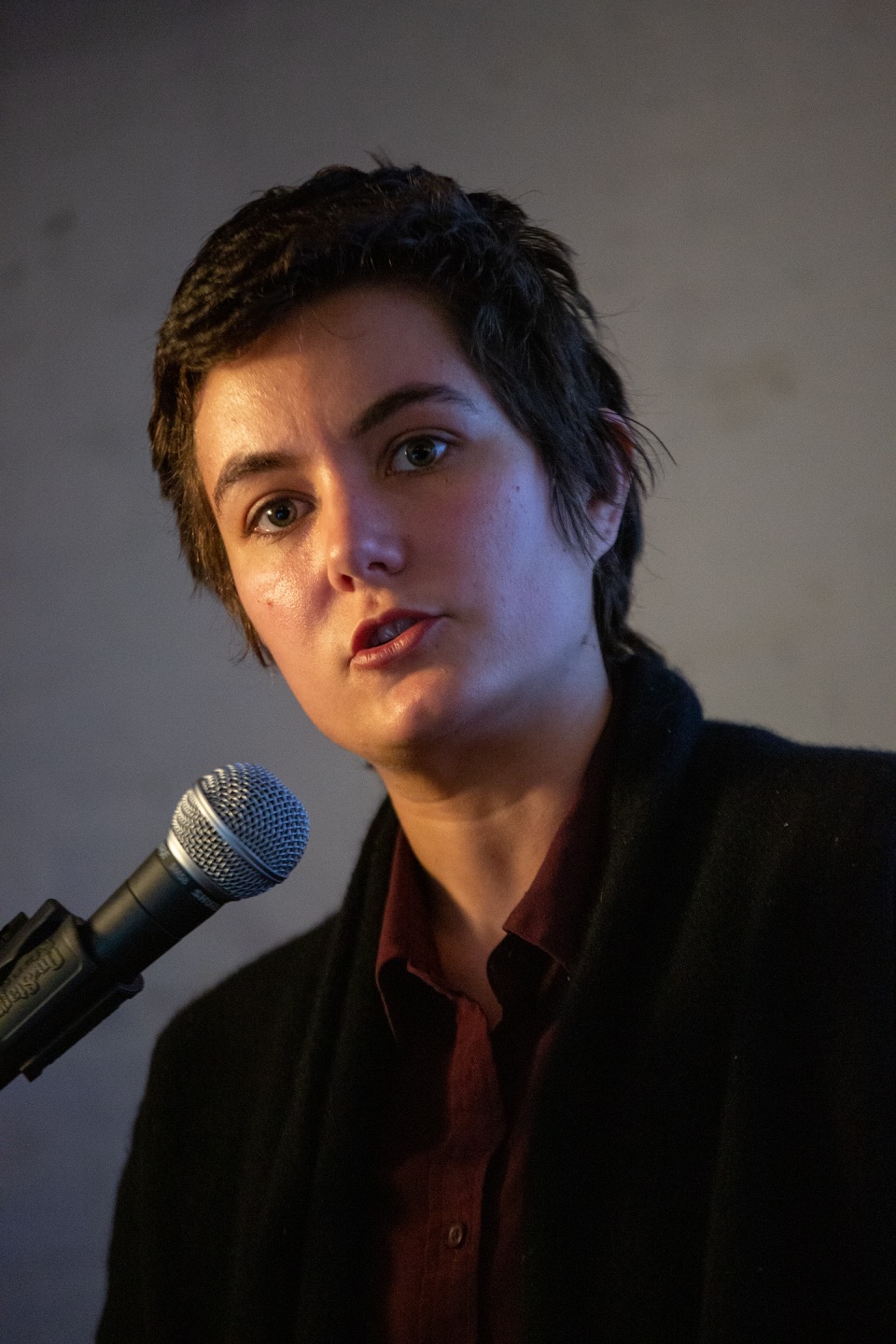
Carlos Sanchez Artist Website as Shifting Landscape/Character
Work-in-progress collaboration with movement-theater artist and poet, Jo Stewart. This project begins with a metaphor extracted from the artist’s practice that is taken as the site’s architectural backbone.
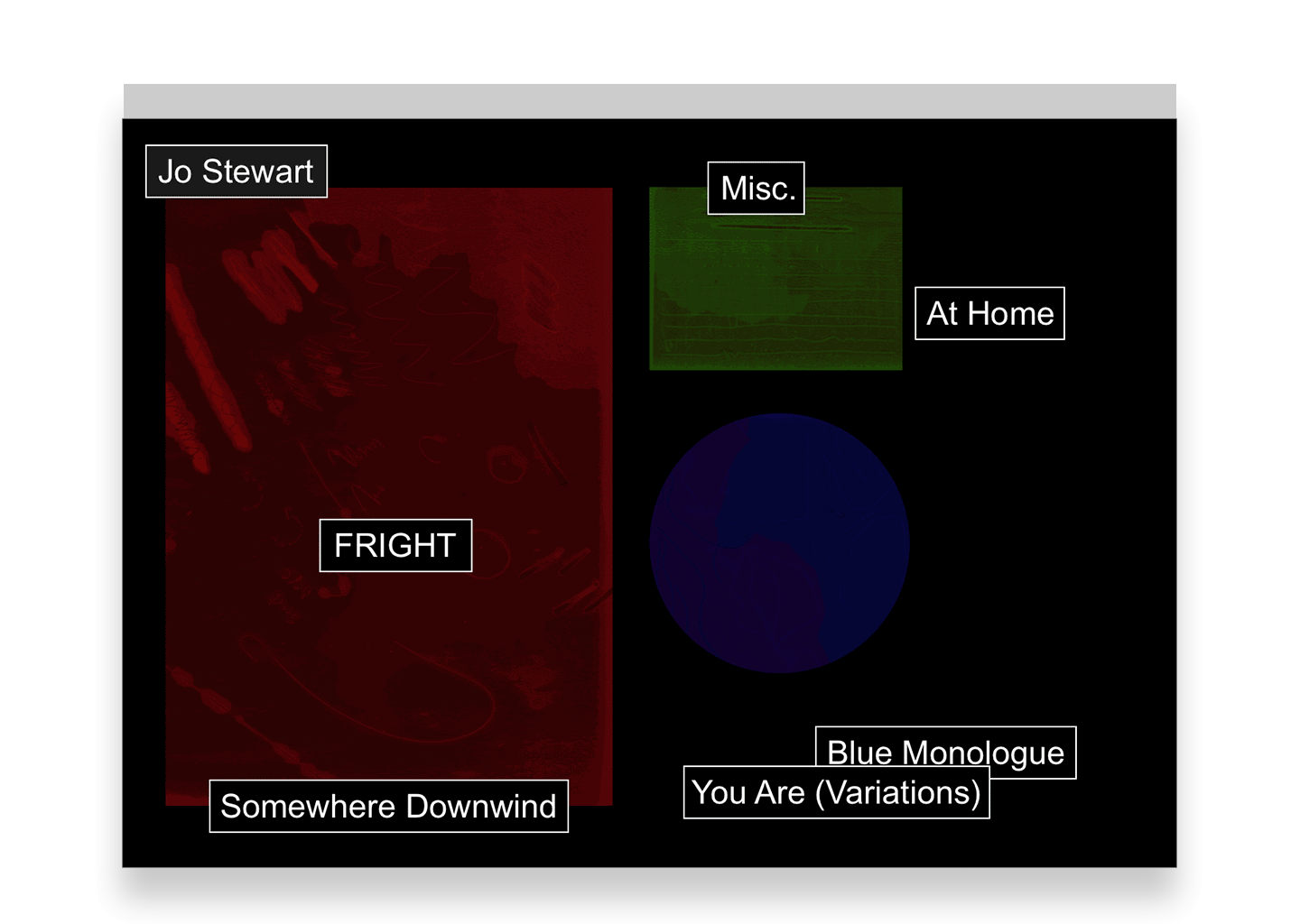
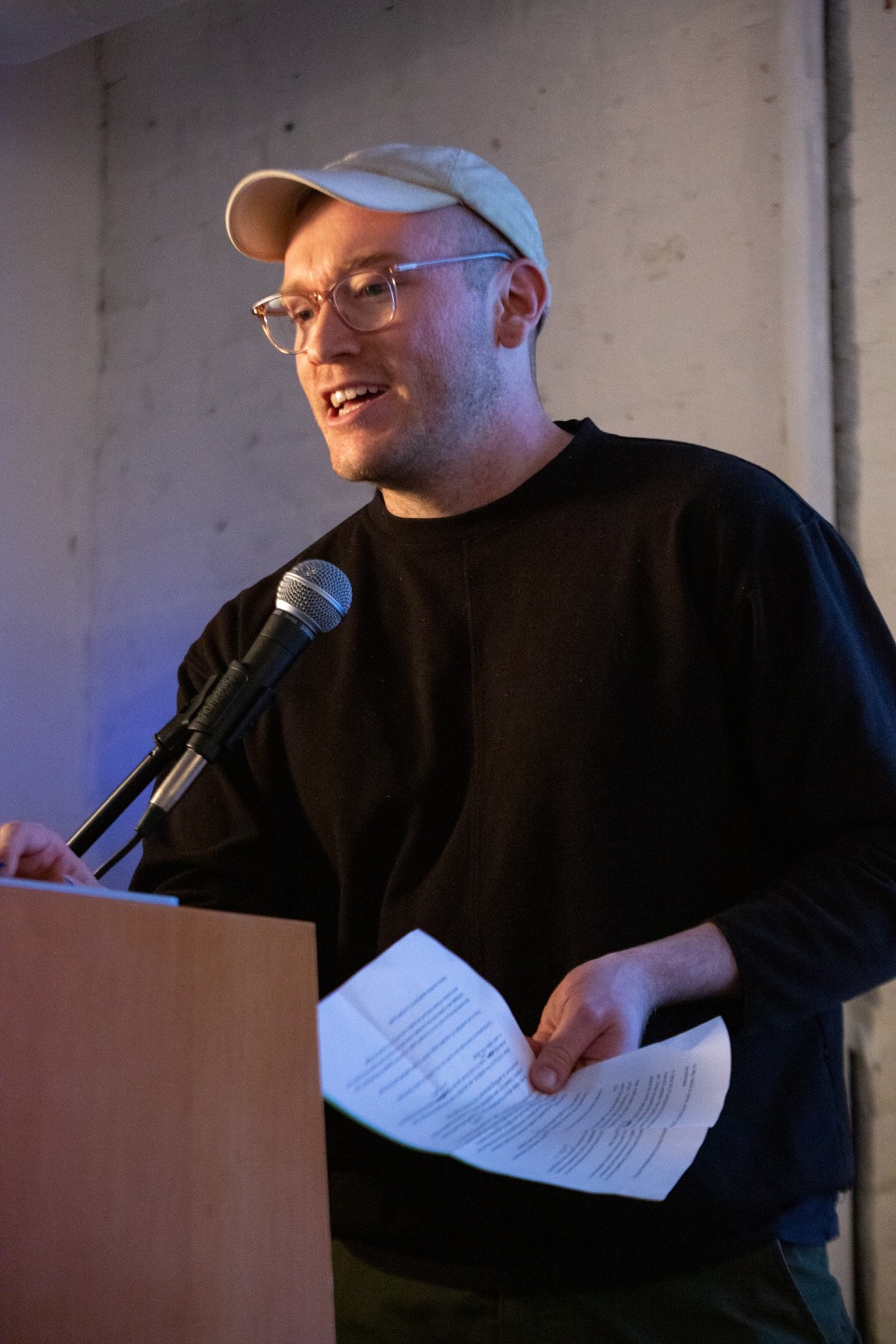
Deni Chen: God View
God View takes from statements Big Tech companies have made in response to public outrage to examine how language is used in the industry to obfuscate wrongdoing and evade accountability. The poem is created using predictive text generation, learning from and remixing a corpus of real public apologies by CEOs across various companies along with Jeff Bezos’ speech, ‘Amazing Amazon Story,’ which details Amazon’s incredible start-up journey.
Emily Saltz: Super Sad Googles
Super Sad Googles is an autocomplete search platform populated only with users’ saddest, weirdest, most disturbed searches. The goal of searching Super Sad Googles is not to find an answer, but to find (advertisement-free!) solace in the queries of fellow weirdos.
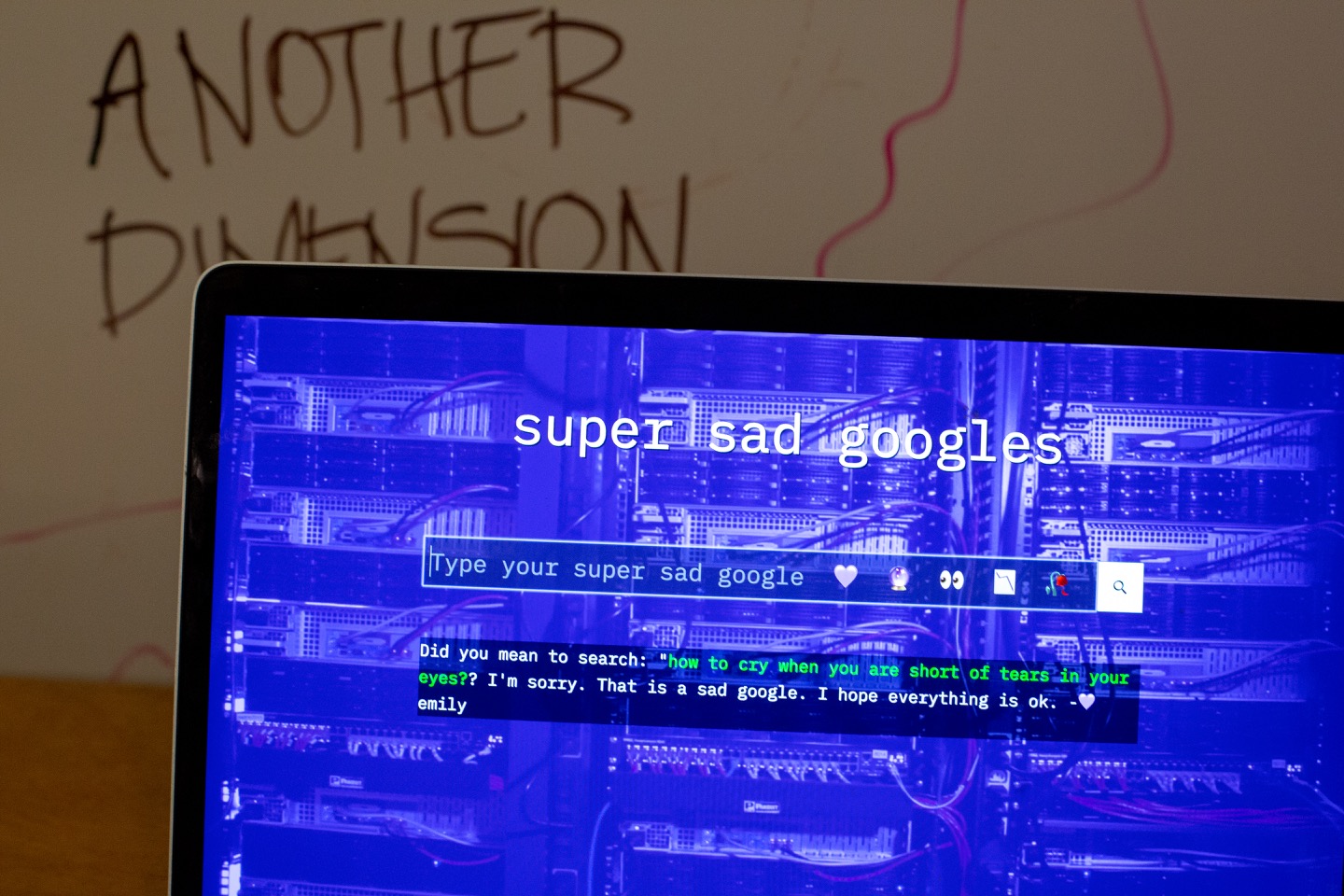
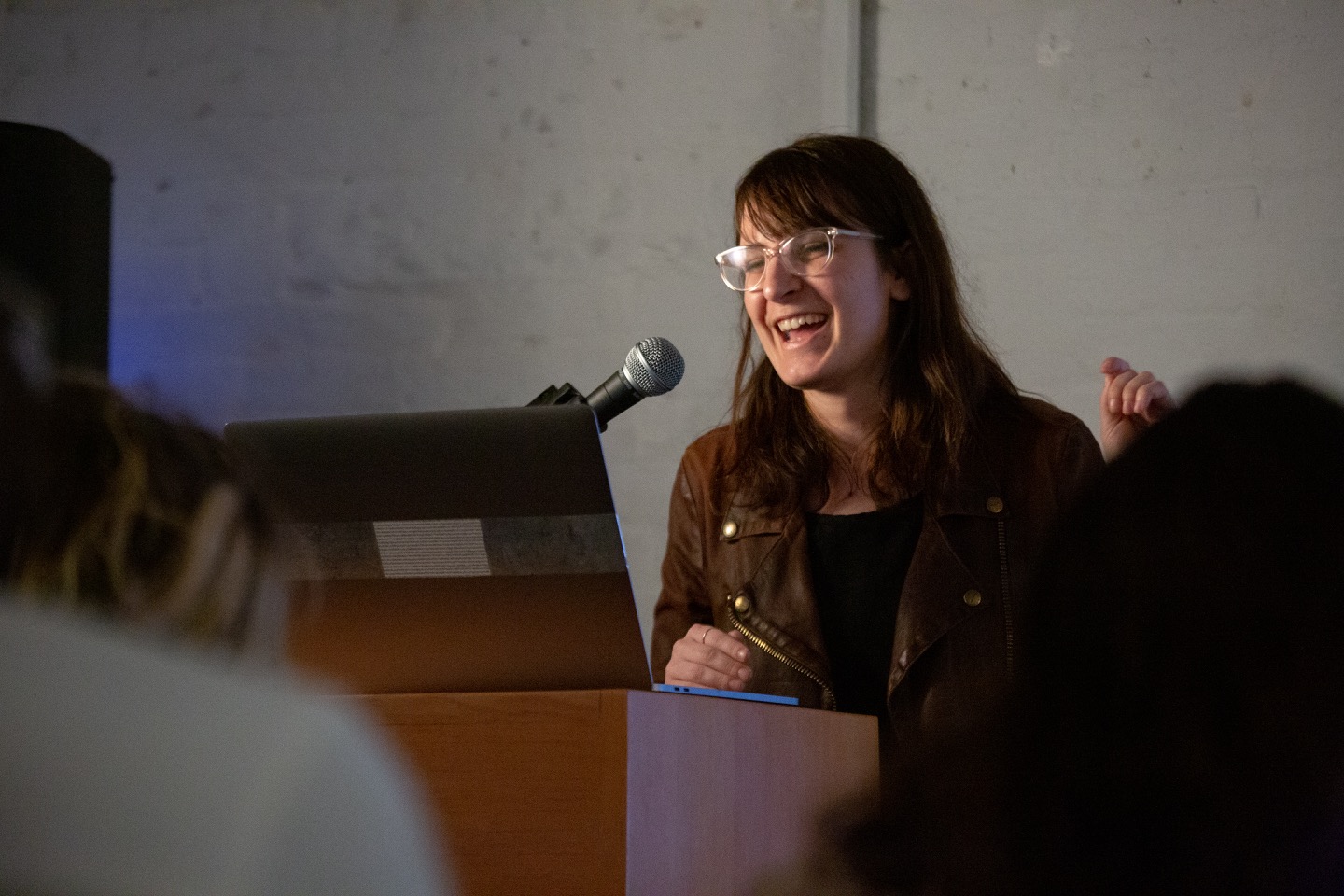
emma rae norton: a collaborative archive of code societies ephemera
all at once / a love letter / and an archive / and a well of shared knowledge
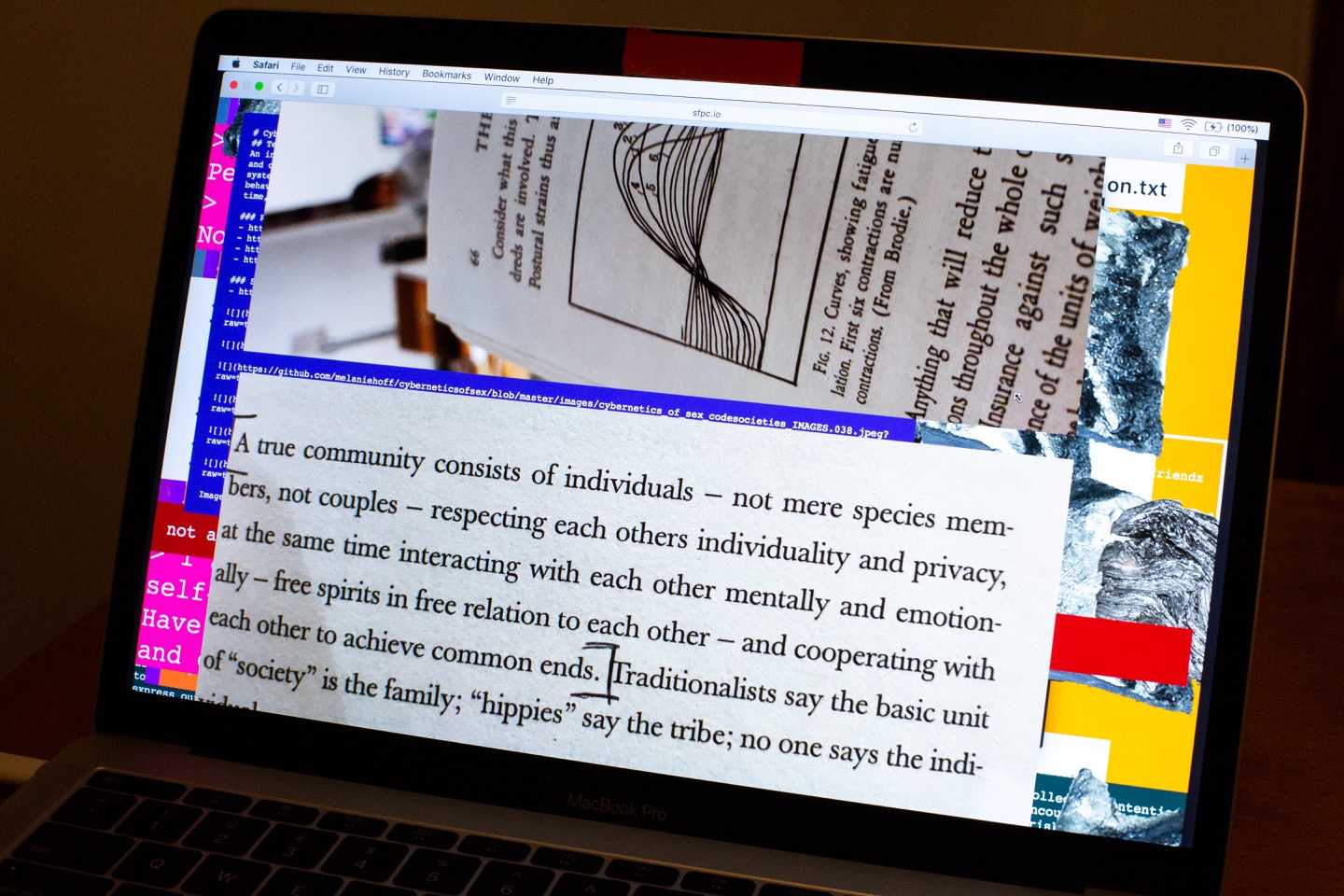
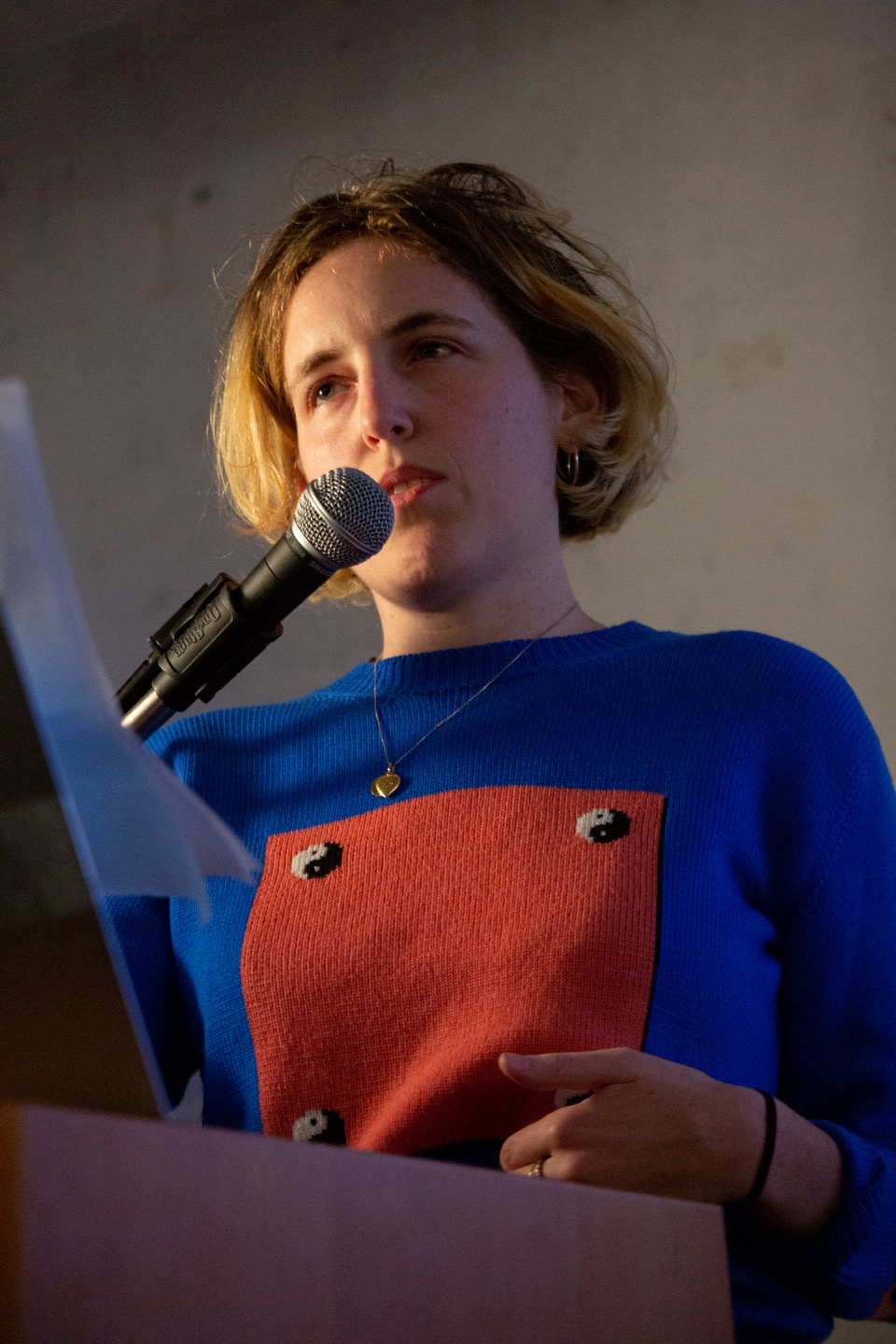
Ingrid Lange: Generative instructions for collaborative drawings
Sets of instructions generated from texts about perspective drawing and nature to inform collaborative charcoal drawings.
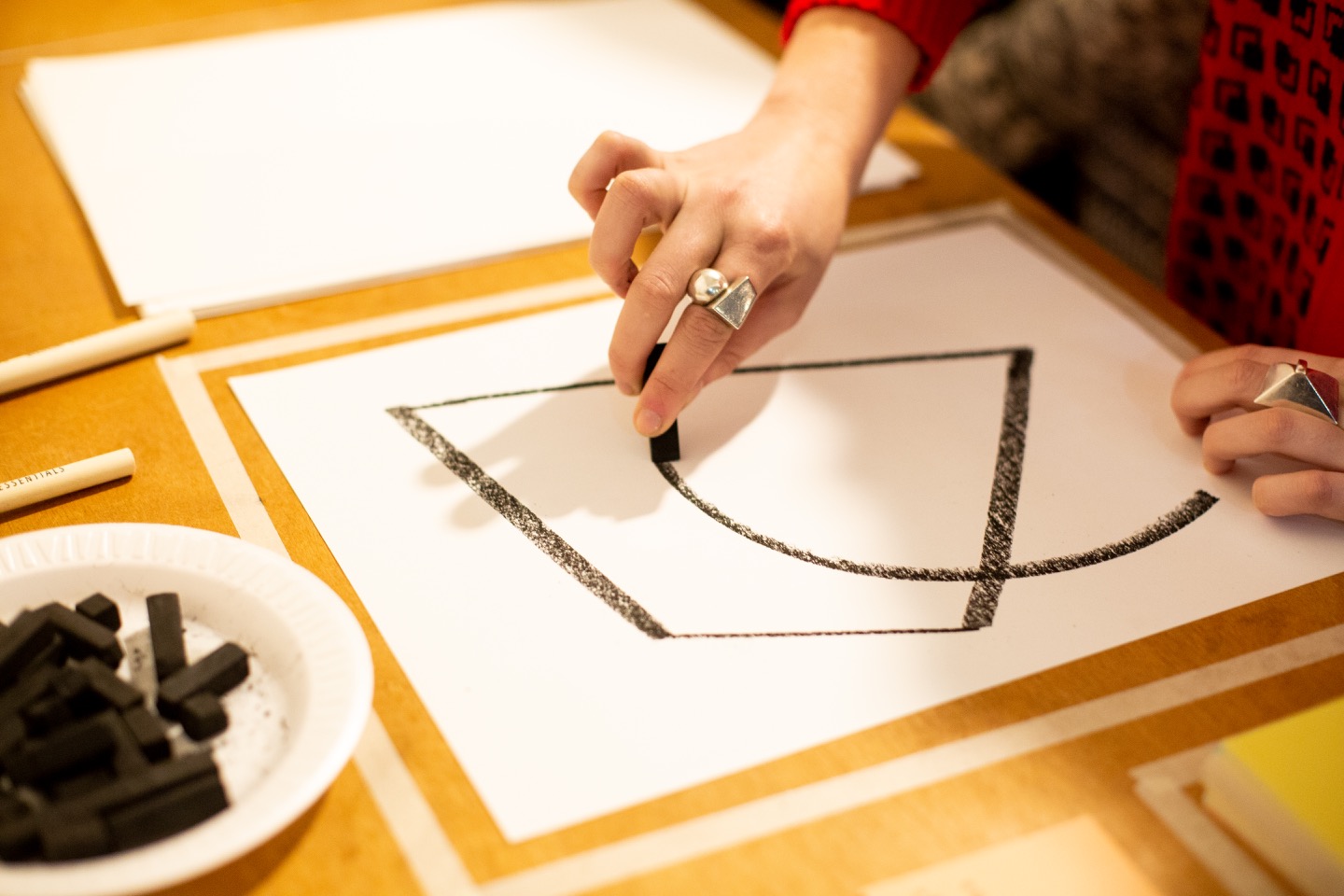
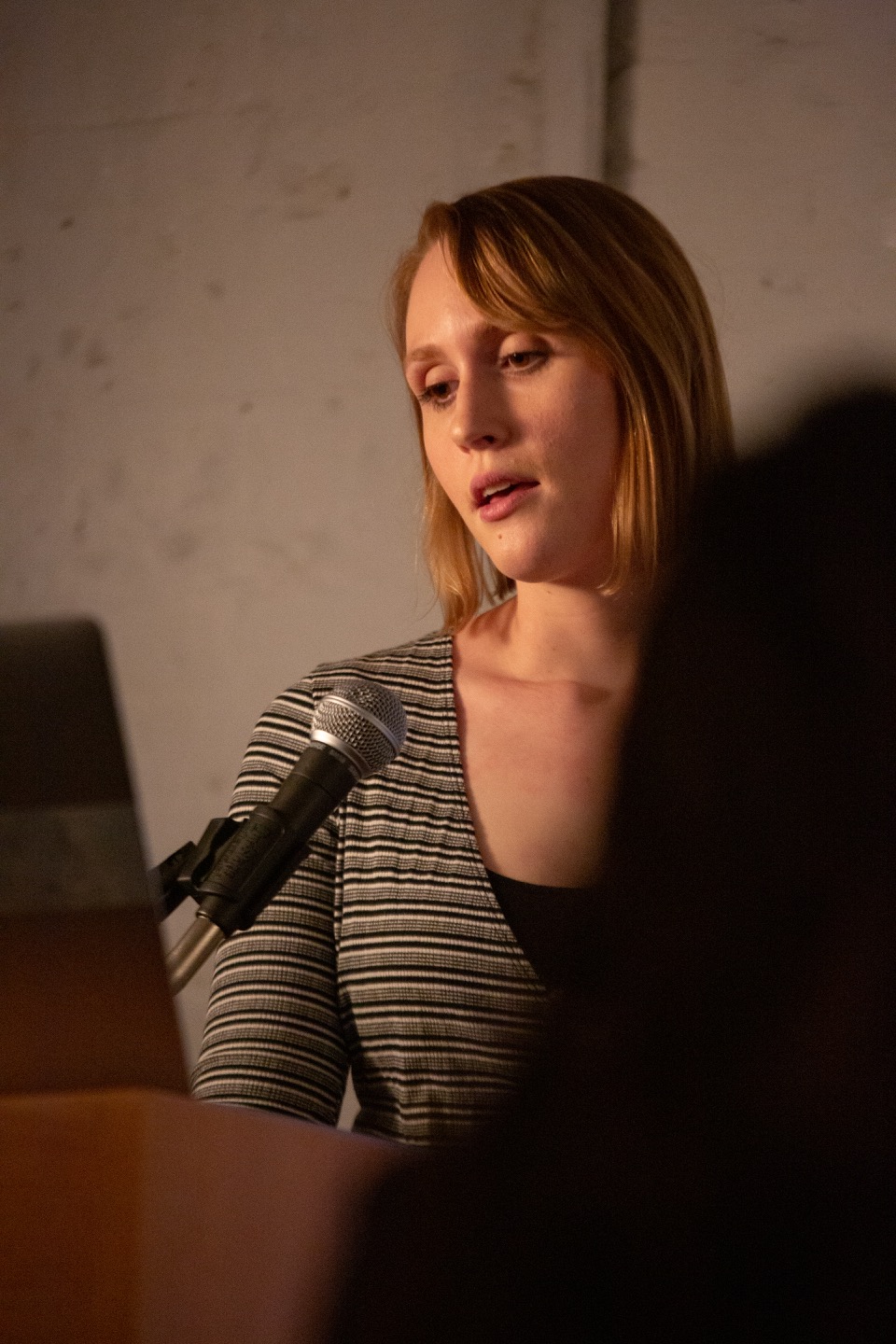
Iris Qu: Alternative news generator
A machine’s take on what’s going on in the news. See the live project at: https://trumptails.glitch.me
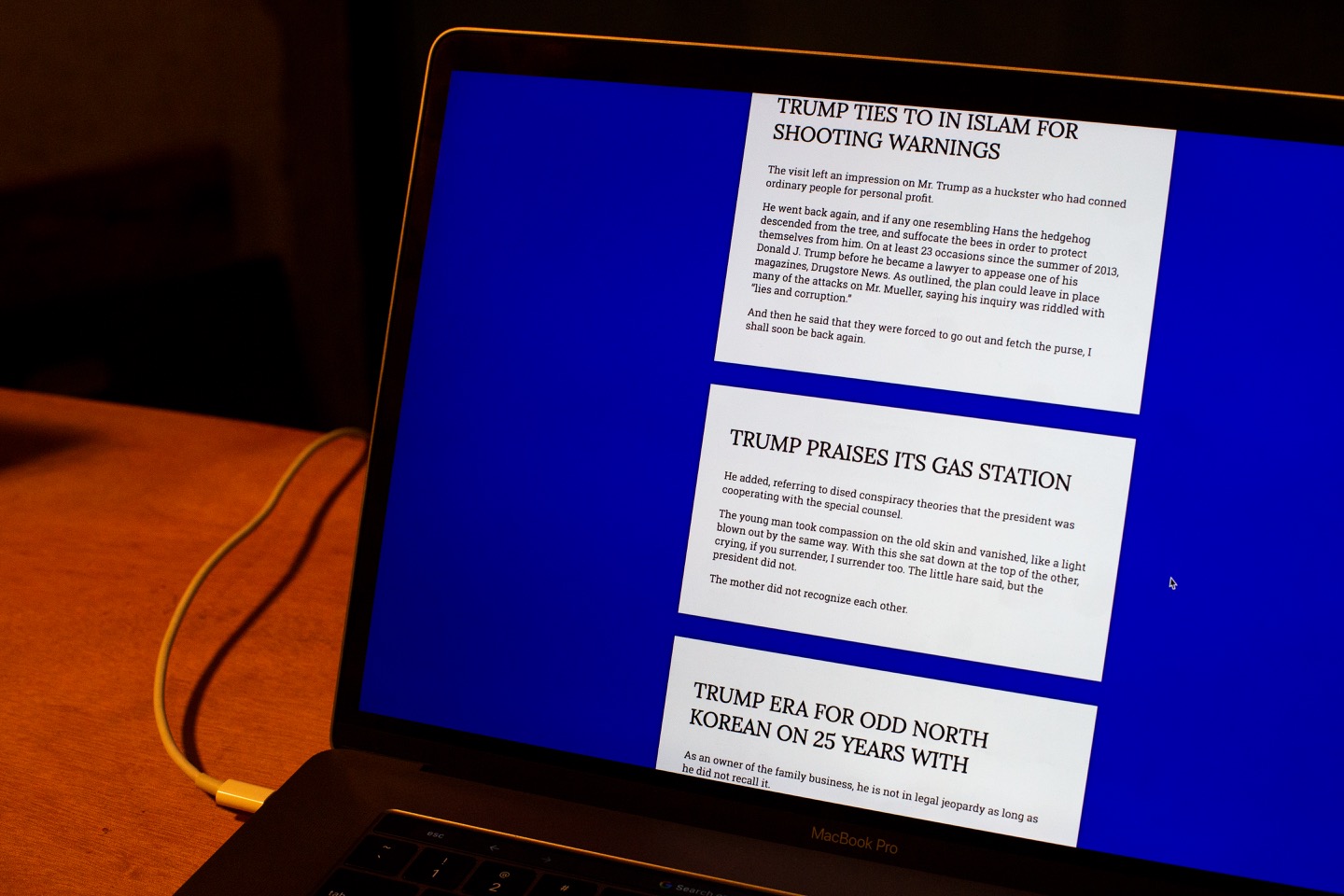
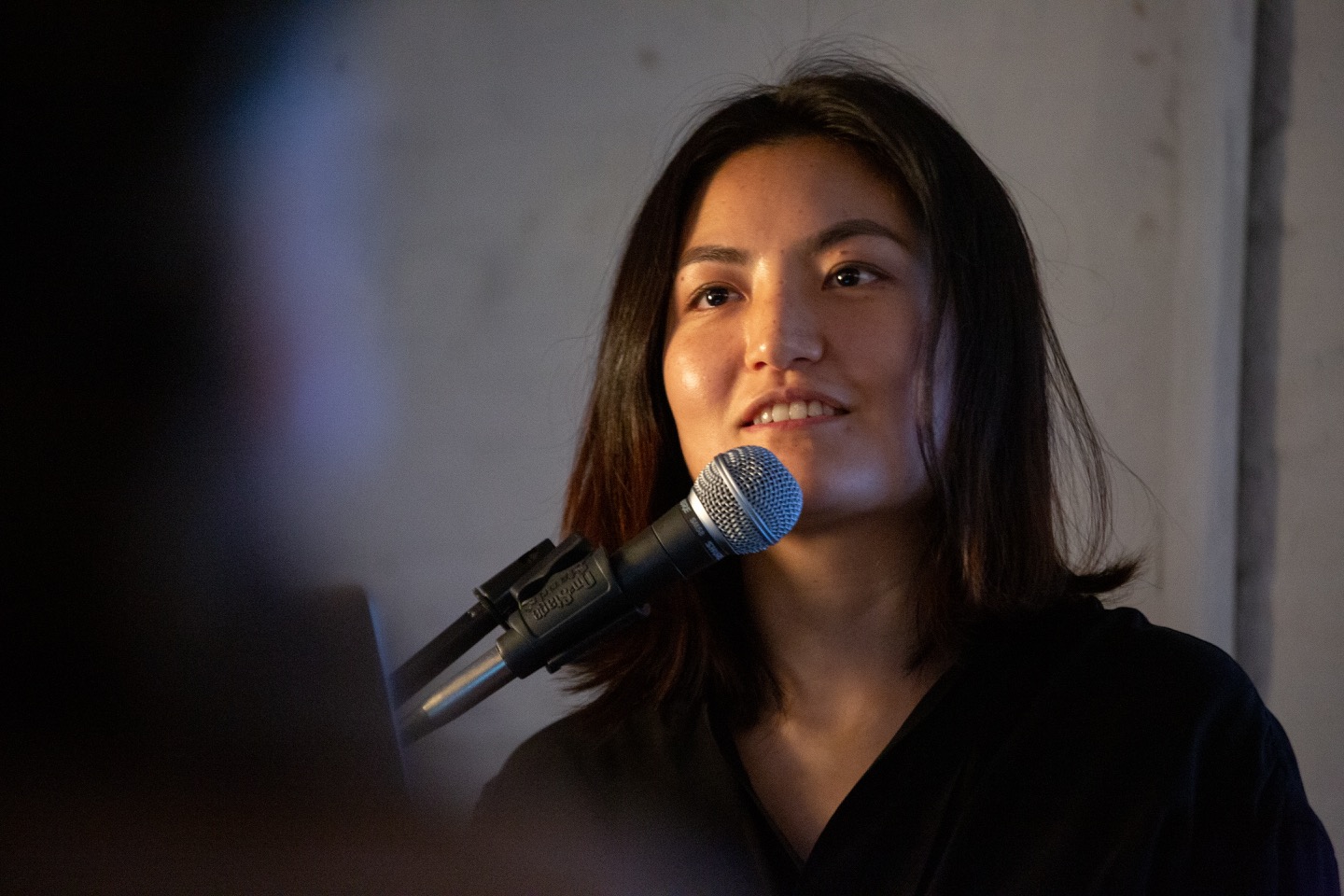
Jacob Liechty
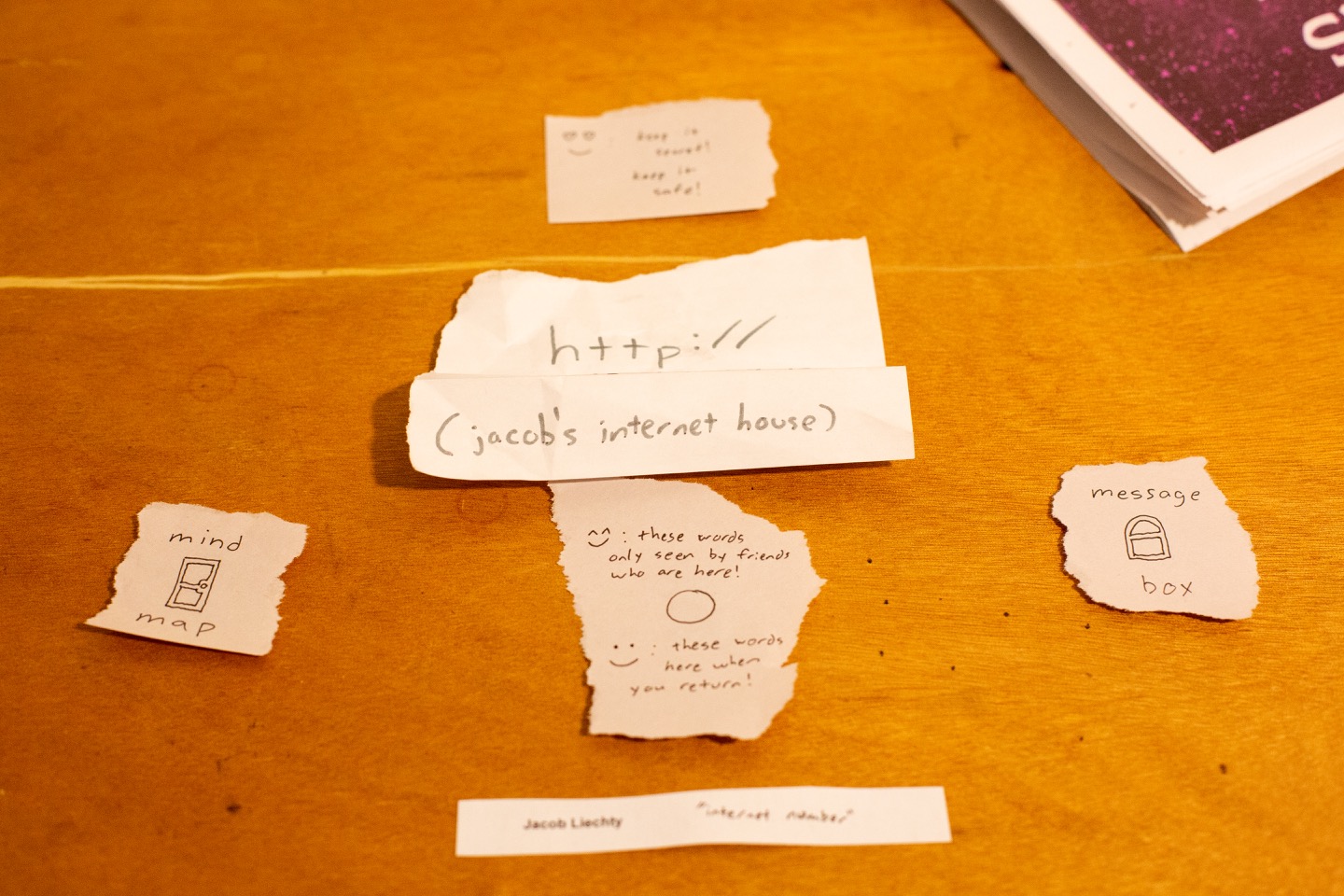
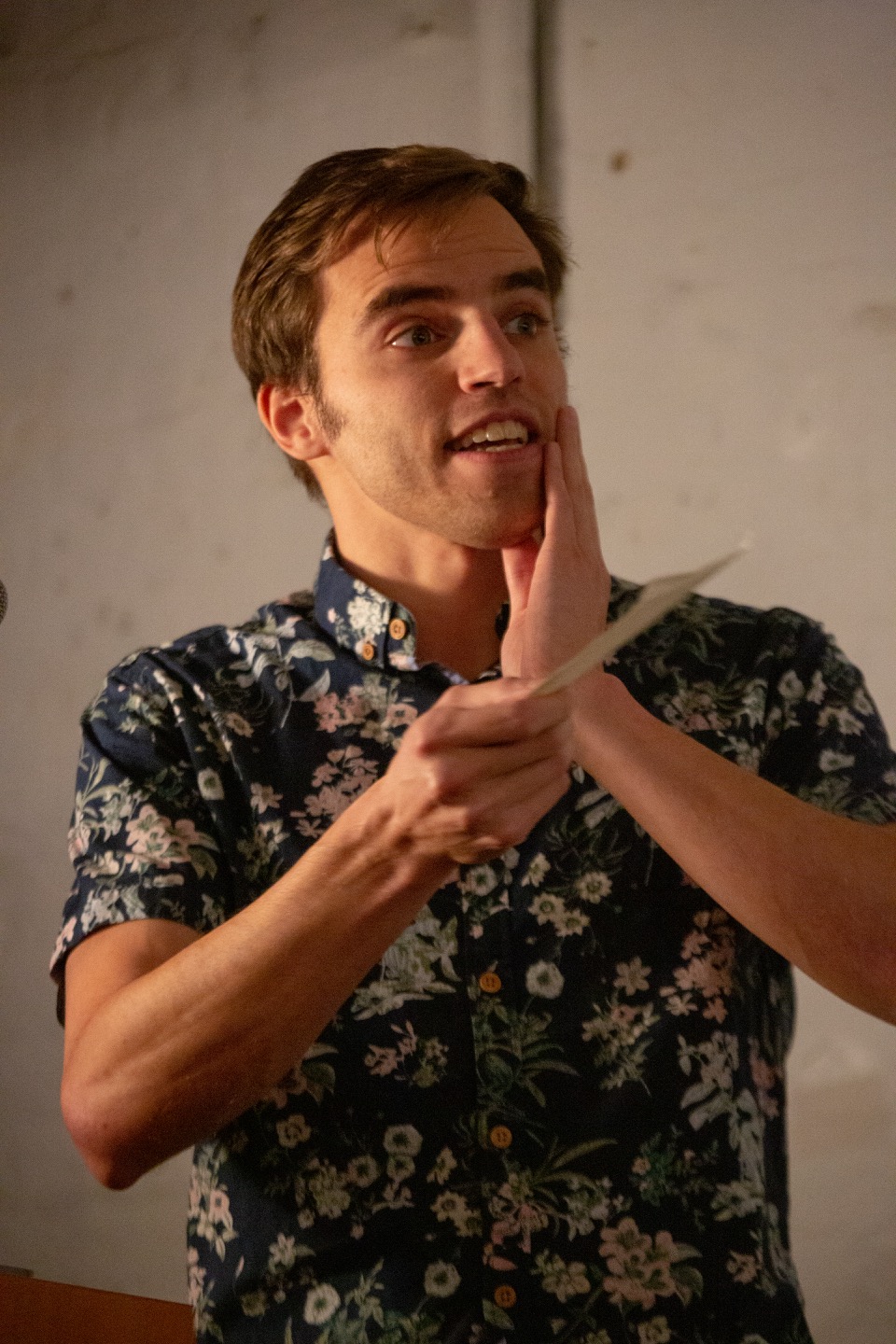
Jarret Bryan: git-commitment
git commitment is a data-visualization that unsuccessfully quantifies the contributions you make not to code repositories, but to your relationships.
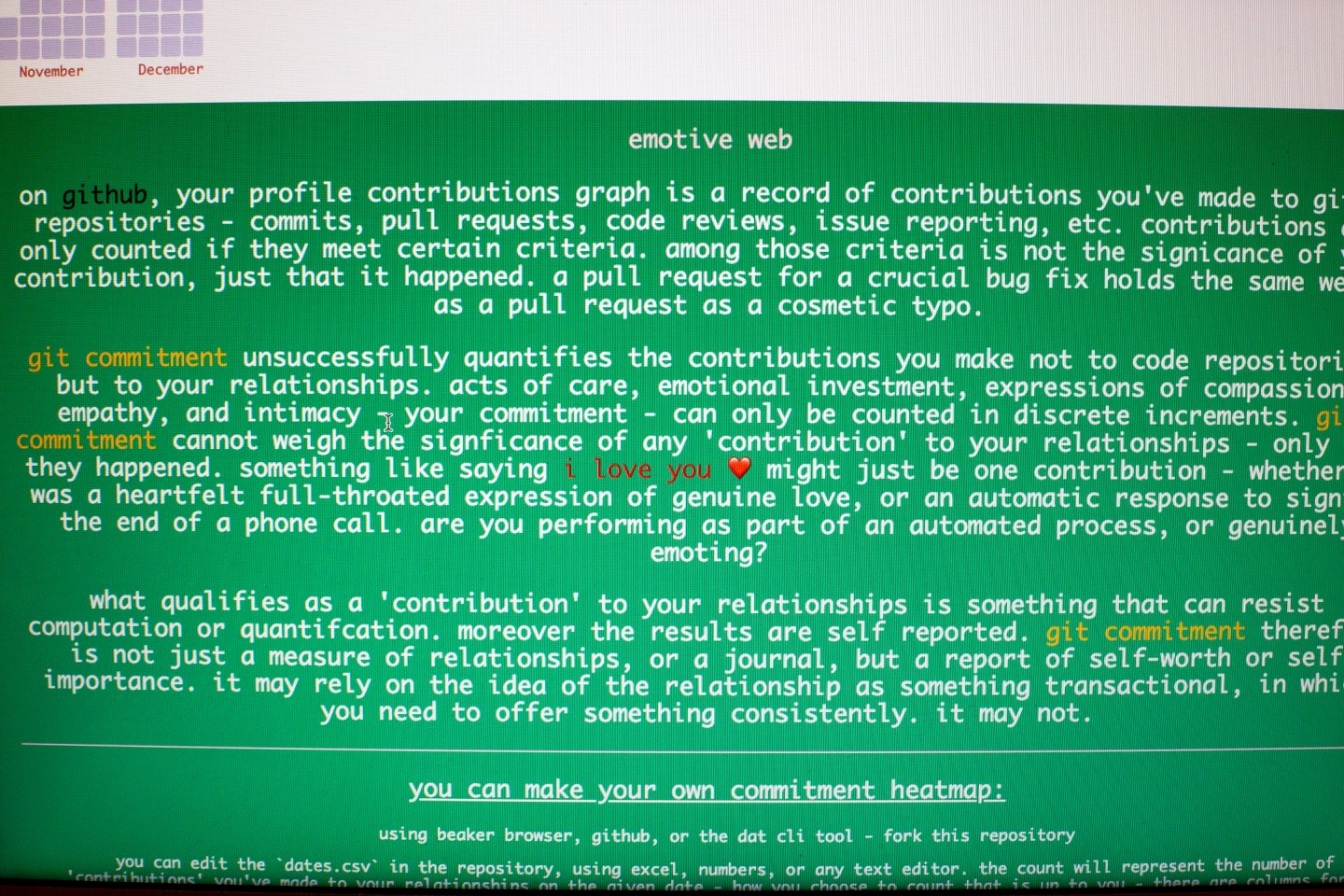
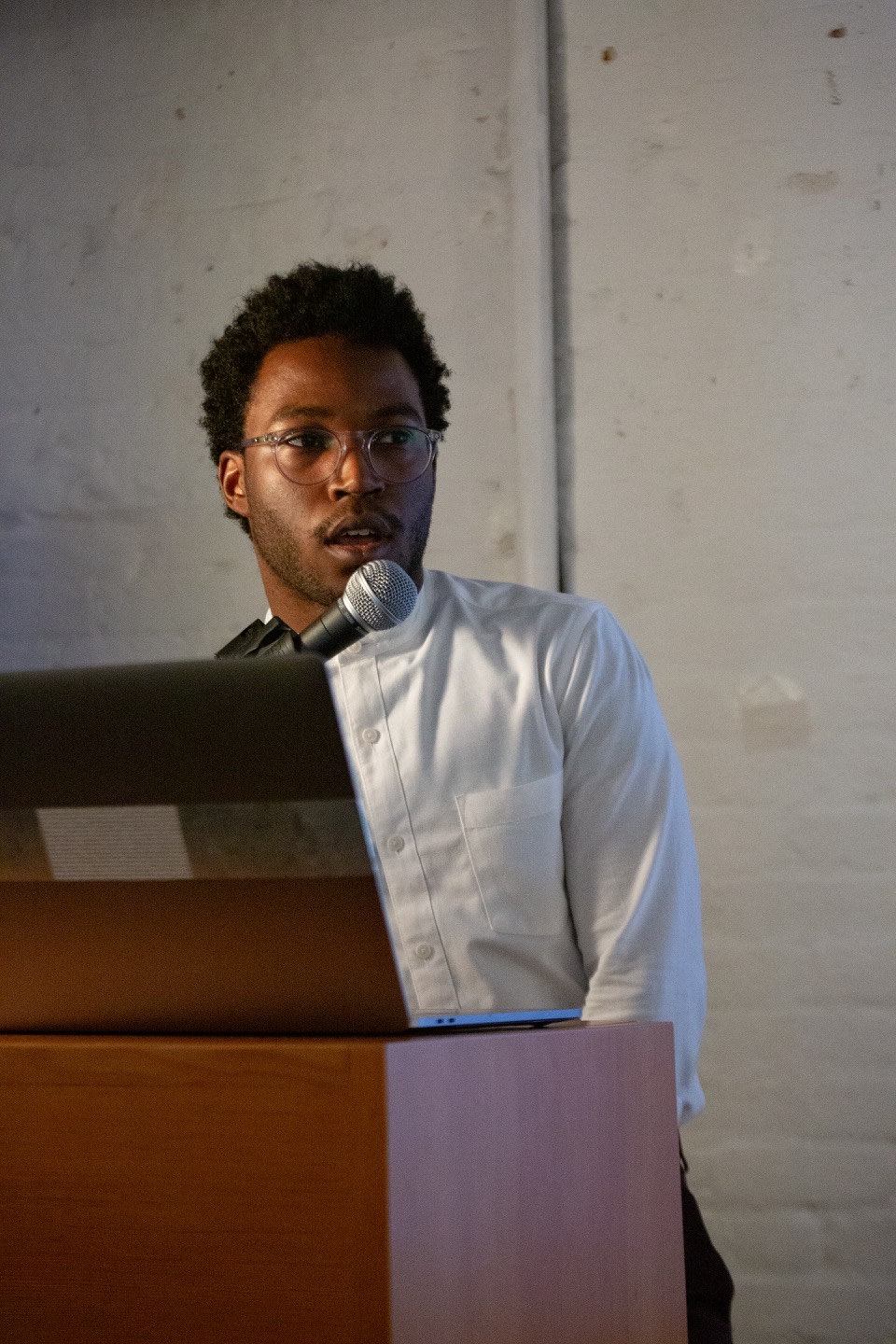
Matt O’Hagan: bits and bobs
An inquiry of interfaces and interaction - see the project here
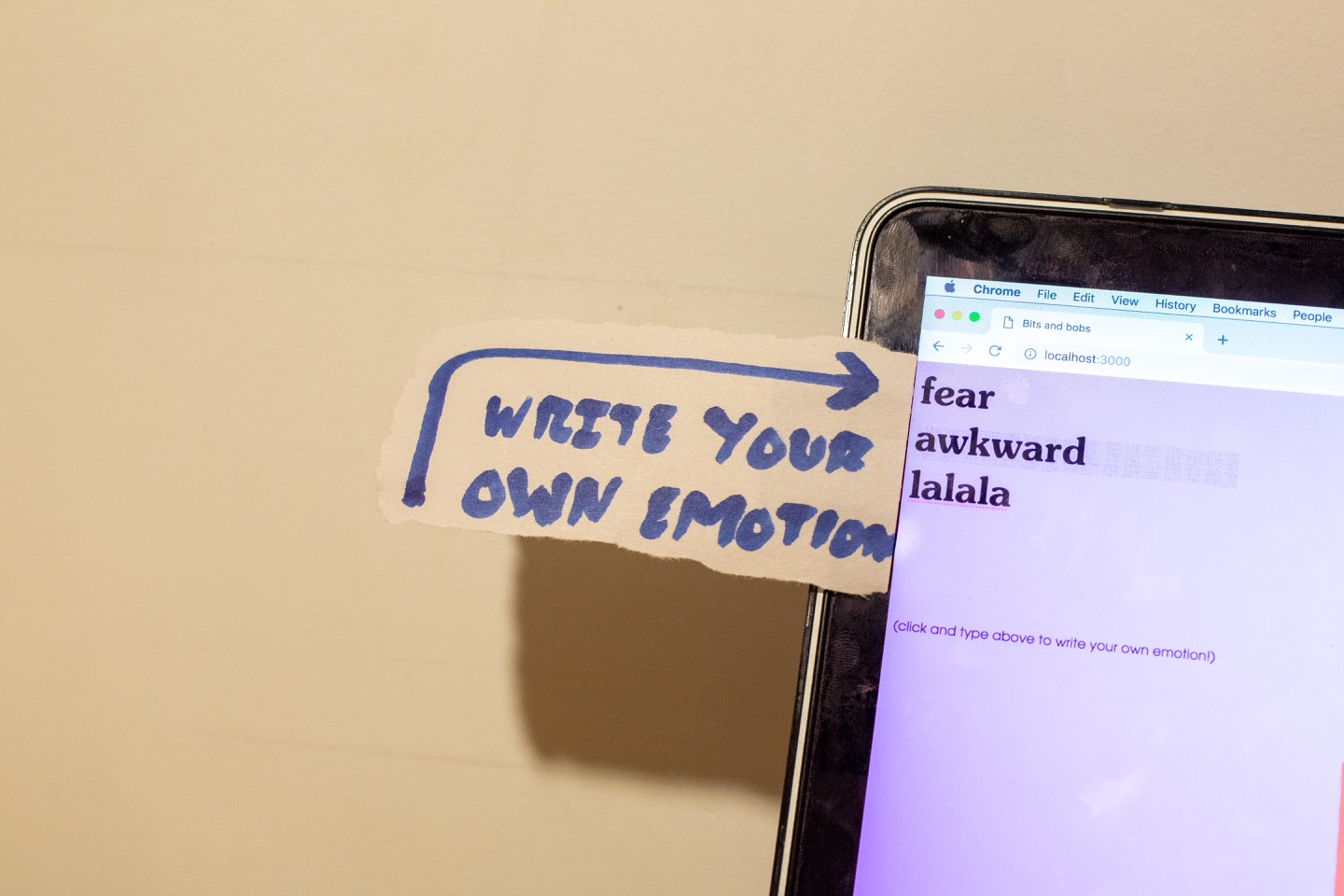
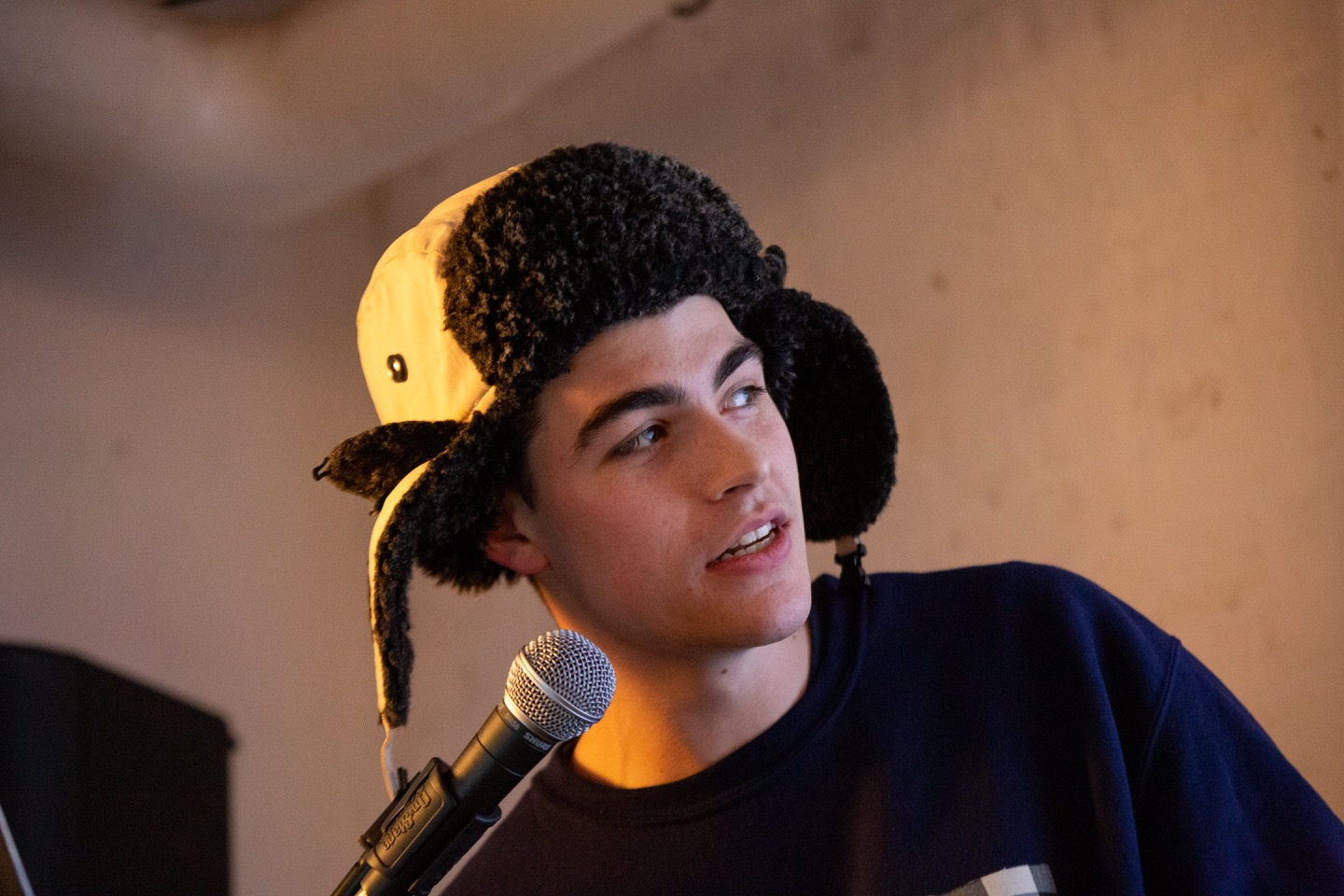
Mimi Doan: Autonomous Missed Connections
An experiment in (re)generative/recycled computational longing.
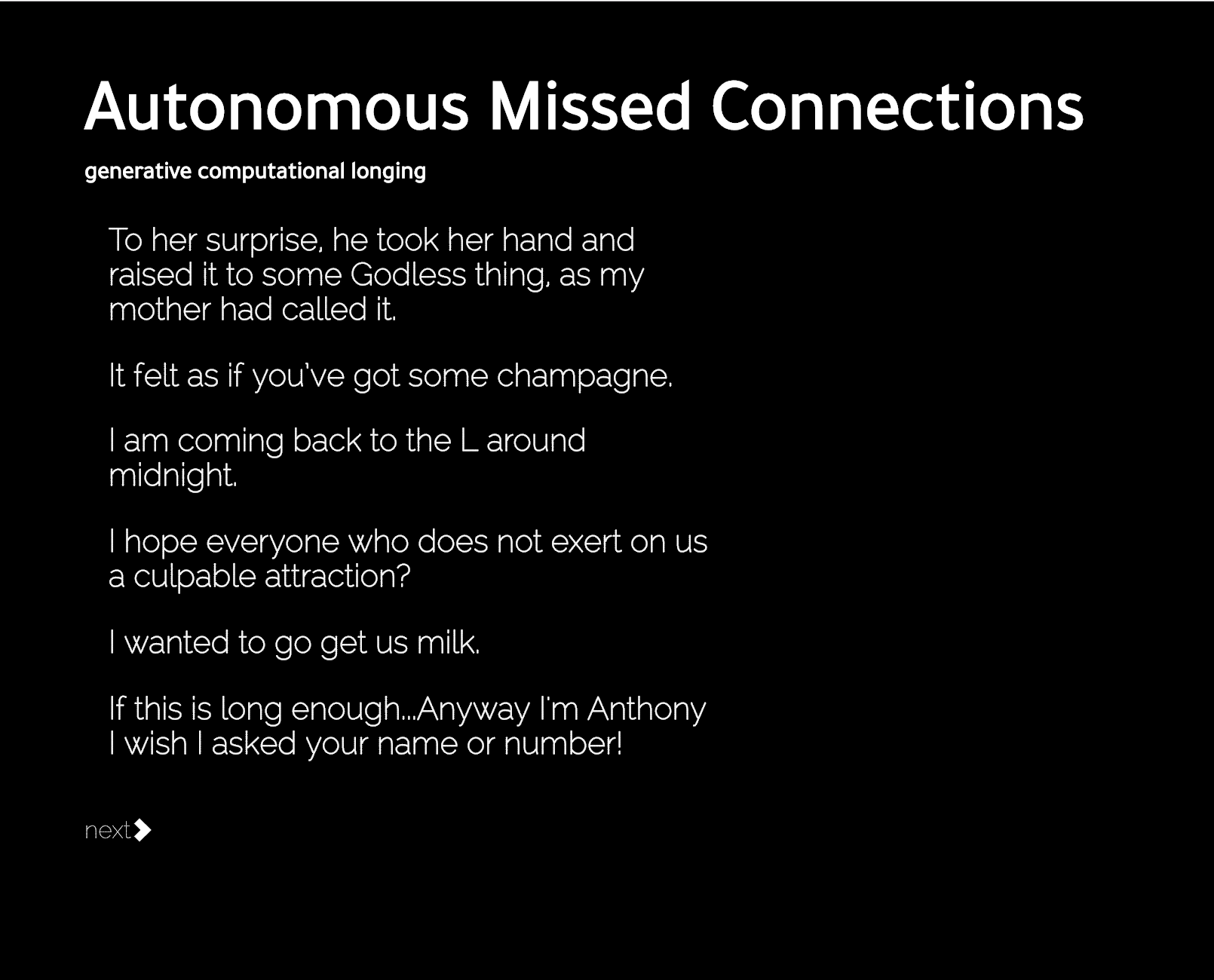
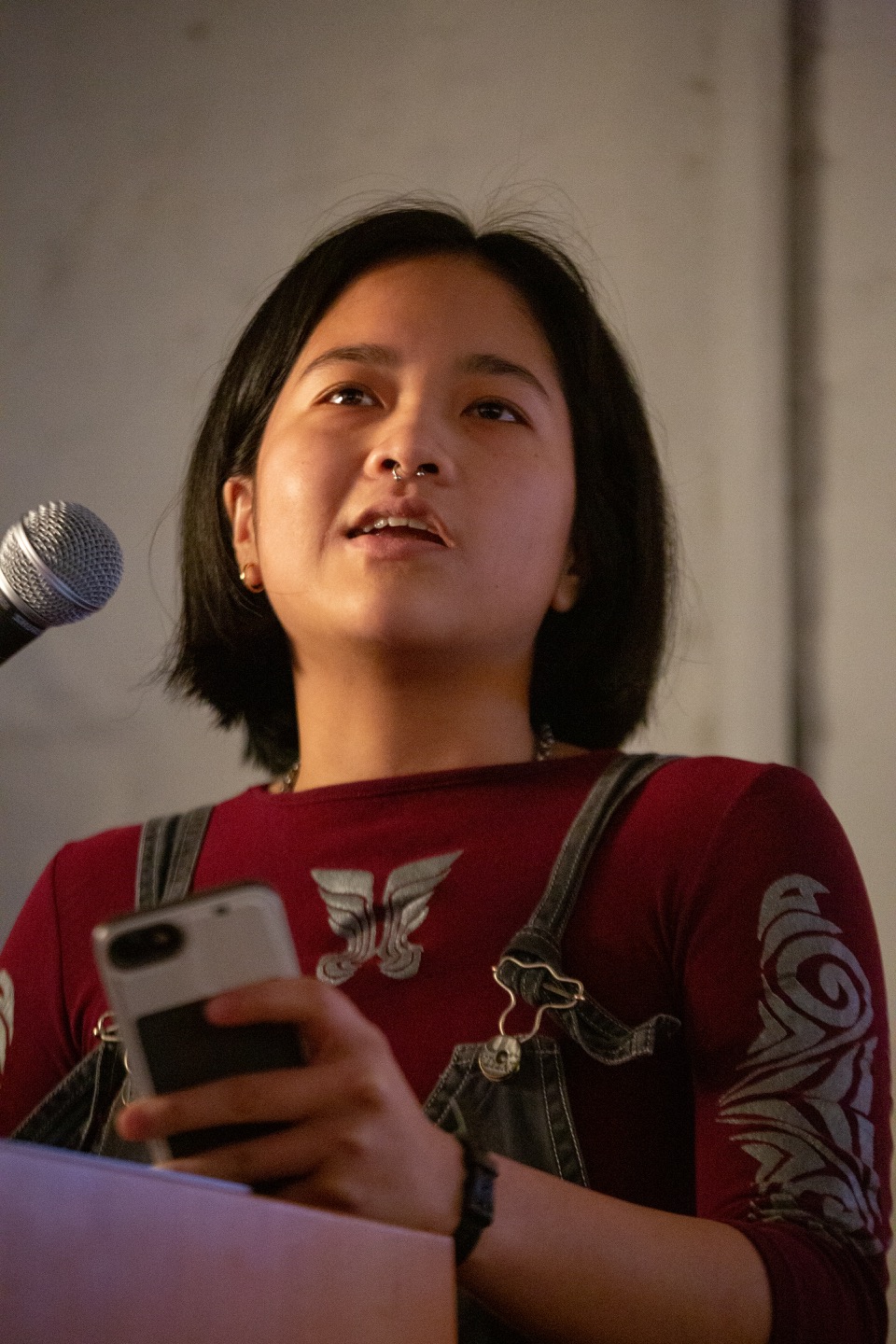
Nadja Oertelt: Fungal Communion
A ritual for re-integrating those who rule into our corporeal self.
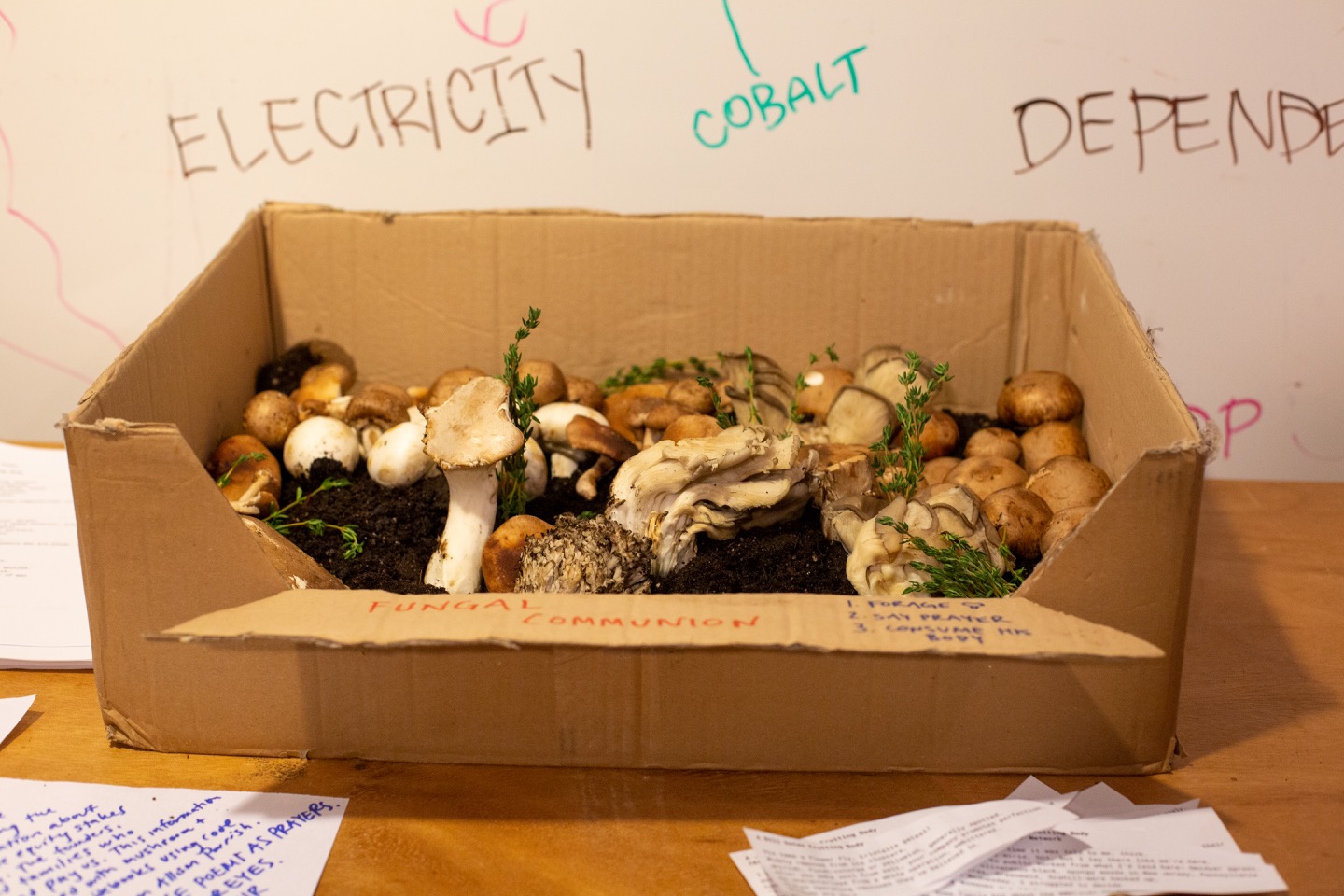
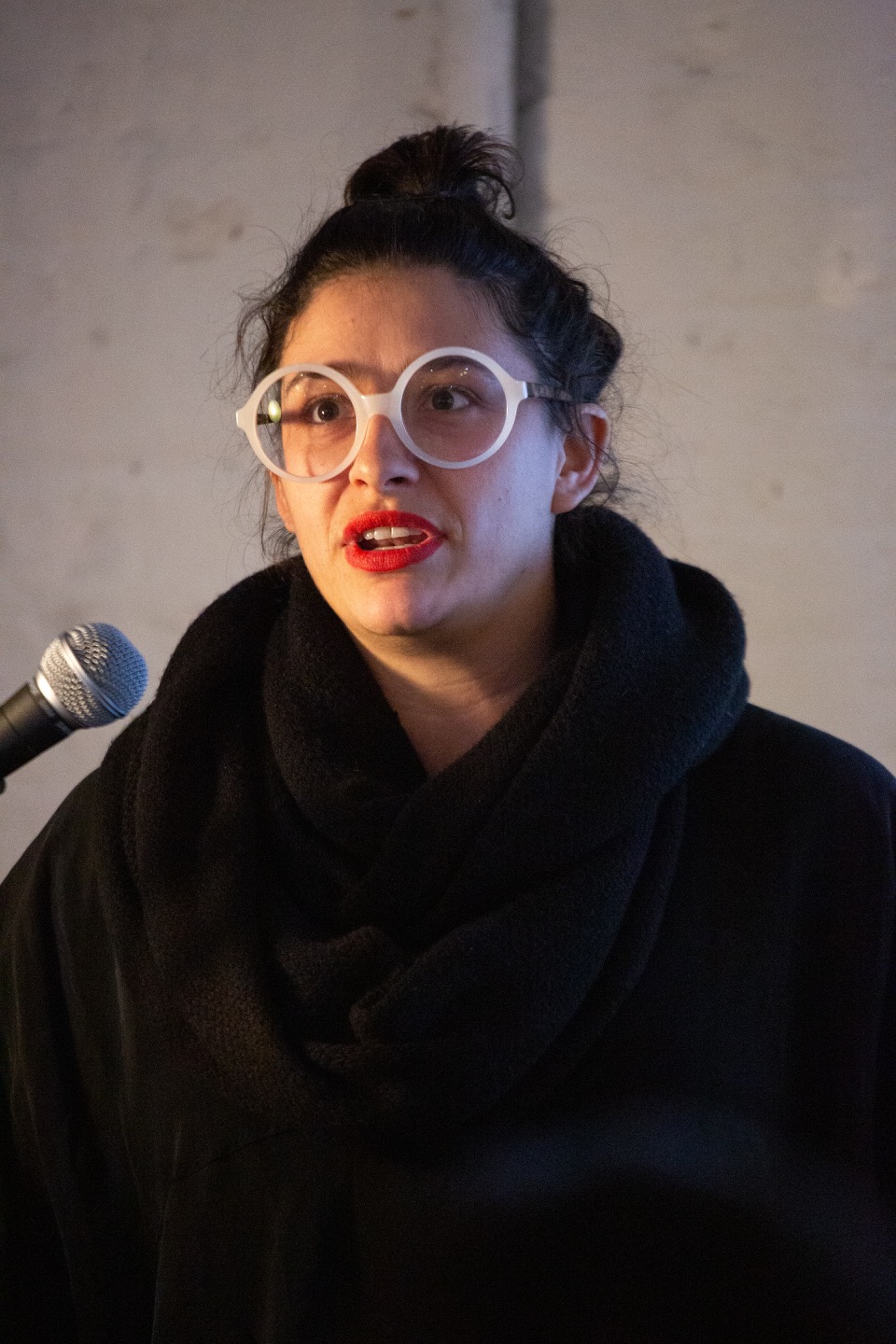
Nicole Cheng 郑旎: an internet of seams
Thinking through how to bring the Cloud back down to earth and actually bring some semblance of human progress.
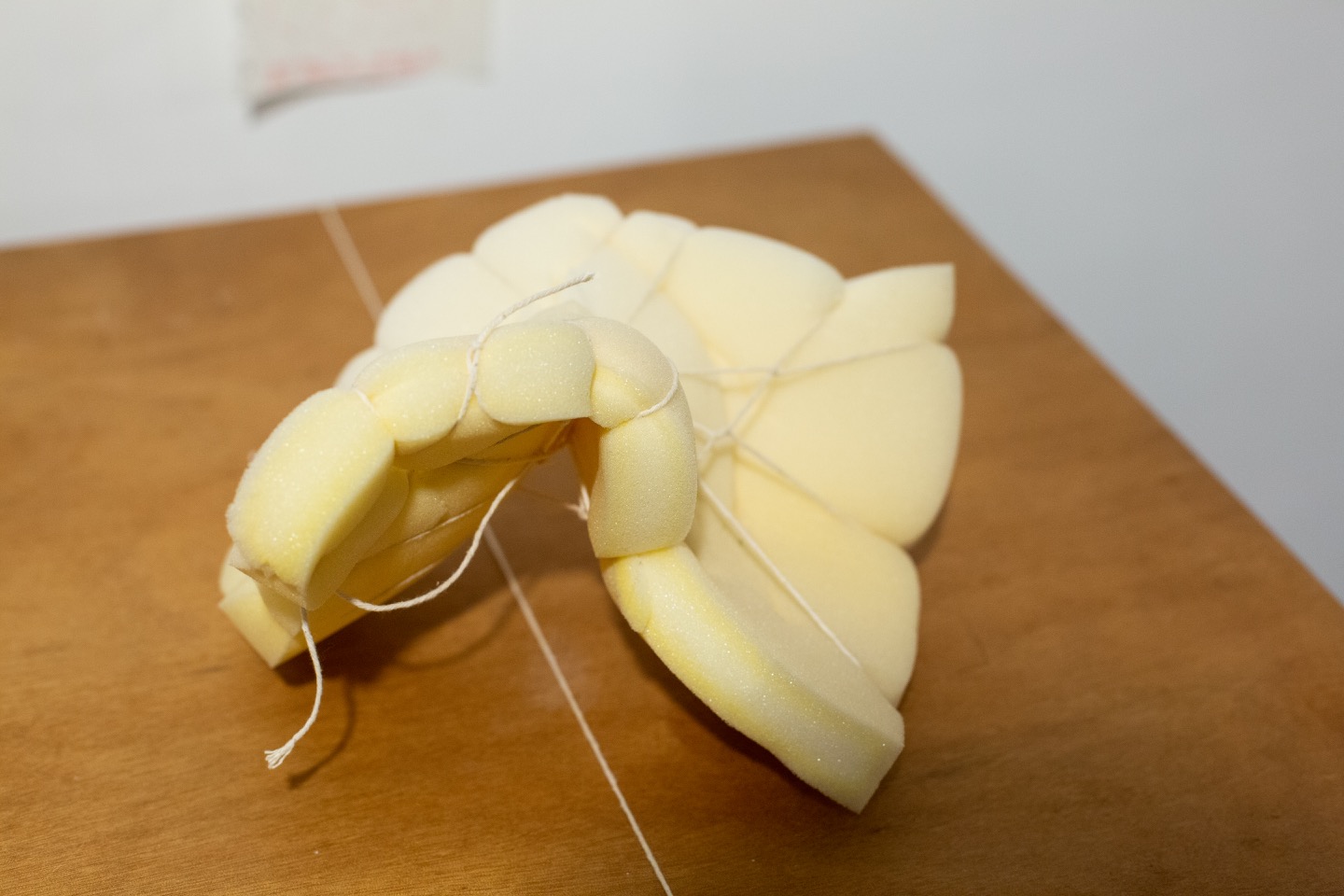
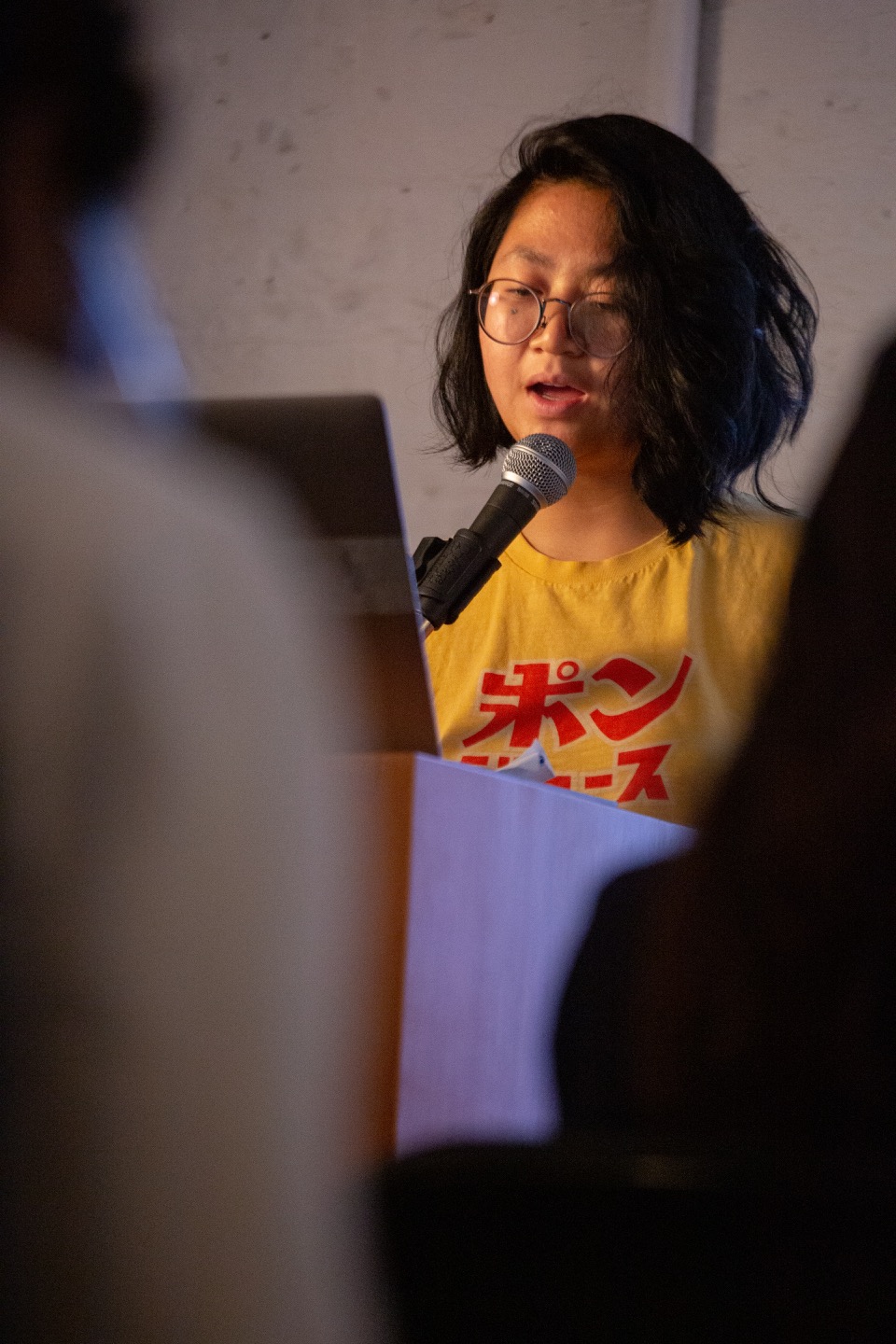
Sonny Li: 01000011 00110100 01001000
Computer-generated poetry in 0s & 1s (wip).
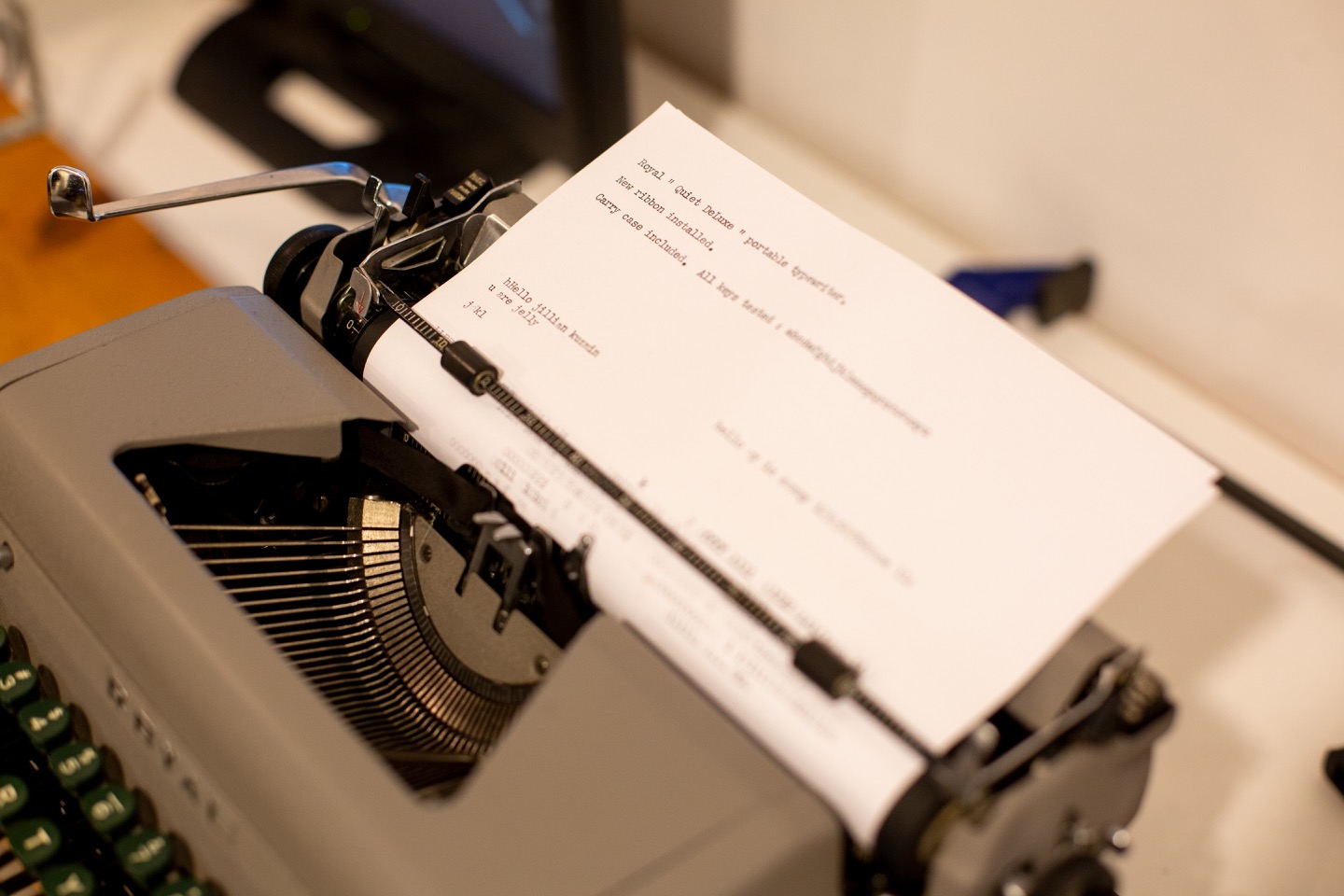
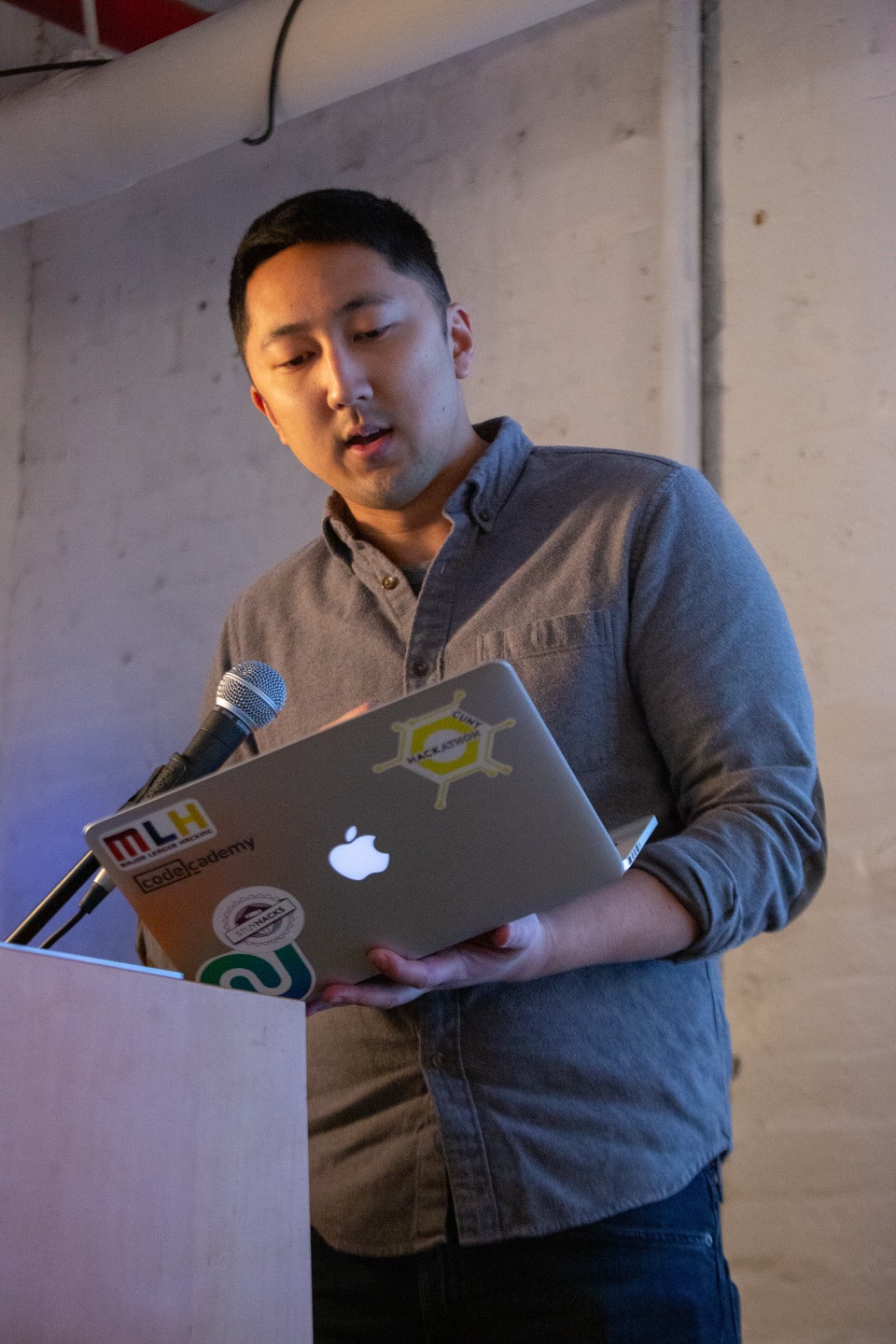
Tushar Goyal: Asemic Artifact
Interpretive typographic designs.
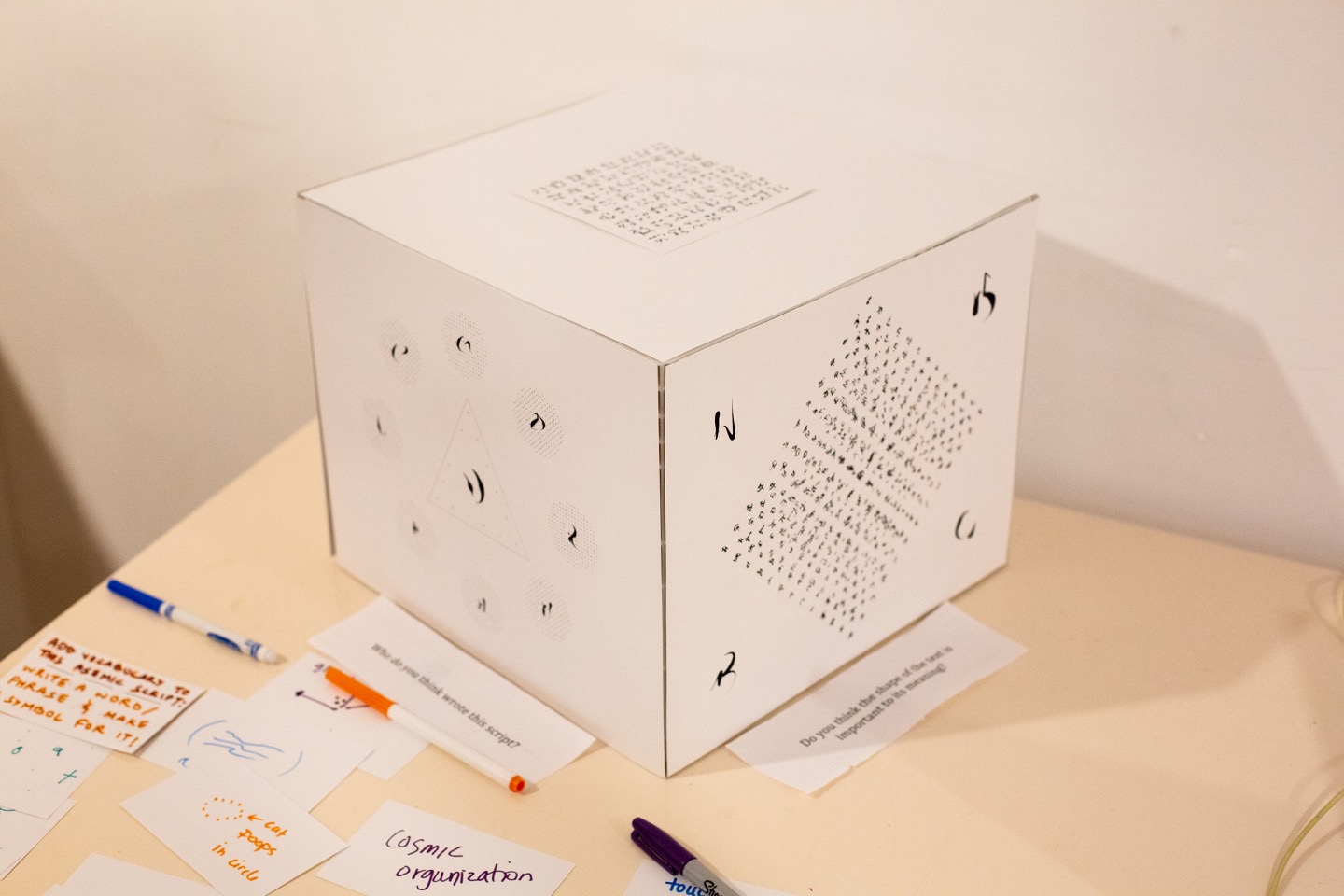
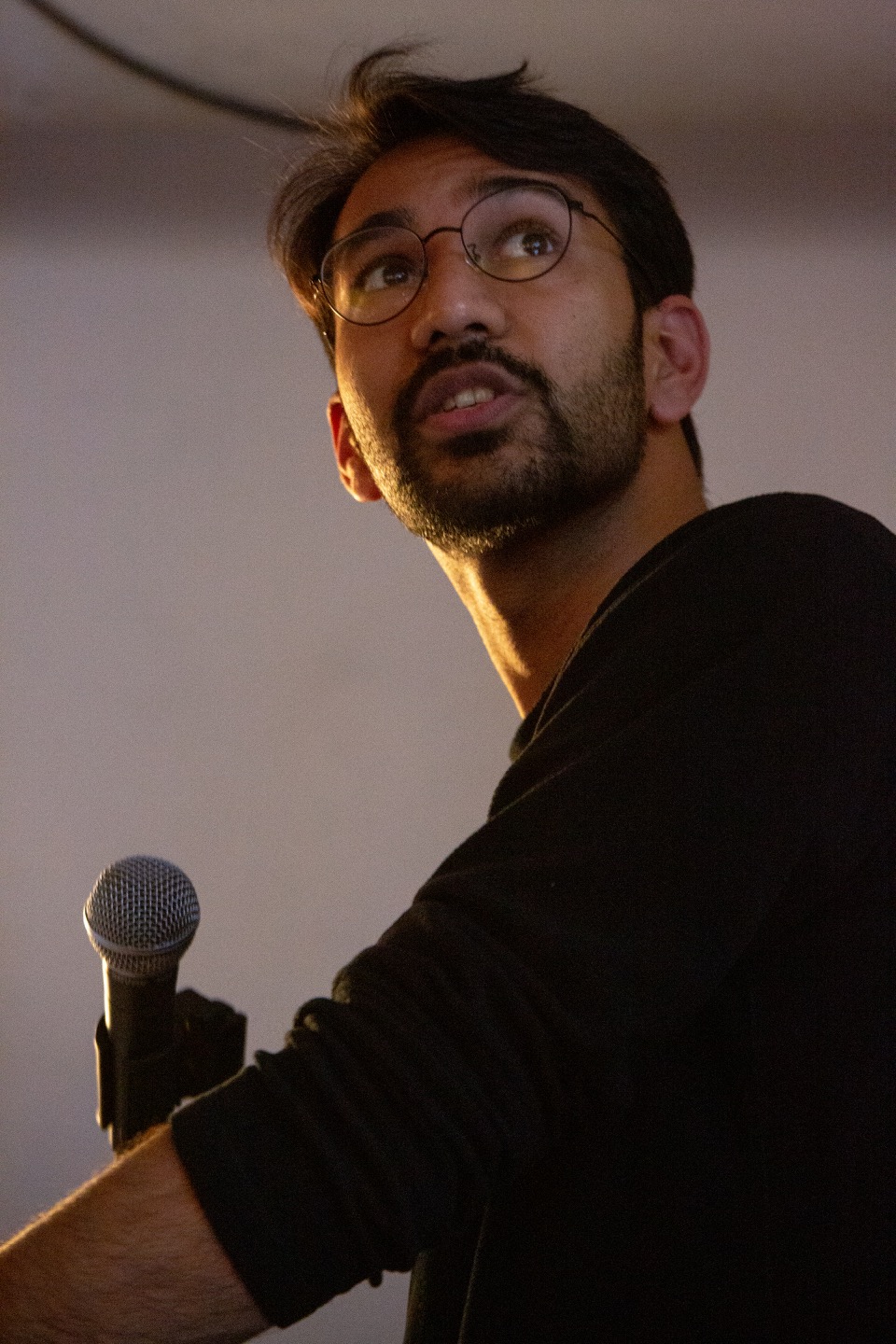
Victoria Campbell: Studio Visit
A fun subversive working community.
https://www.youtube.com/playlist?list=PLXGvSJUOgUmuU2NXaaVla3aCPuMFIolTh
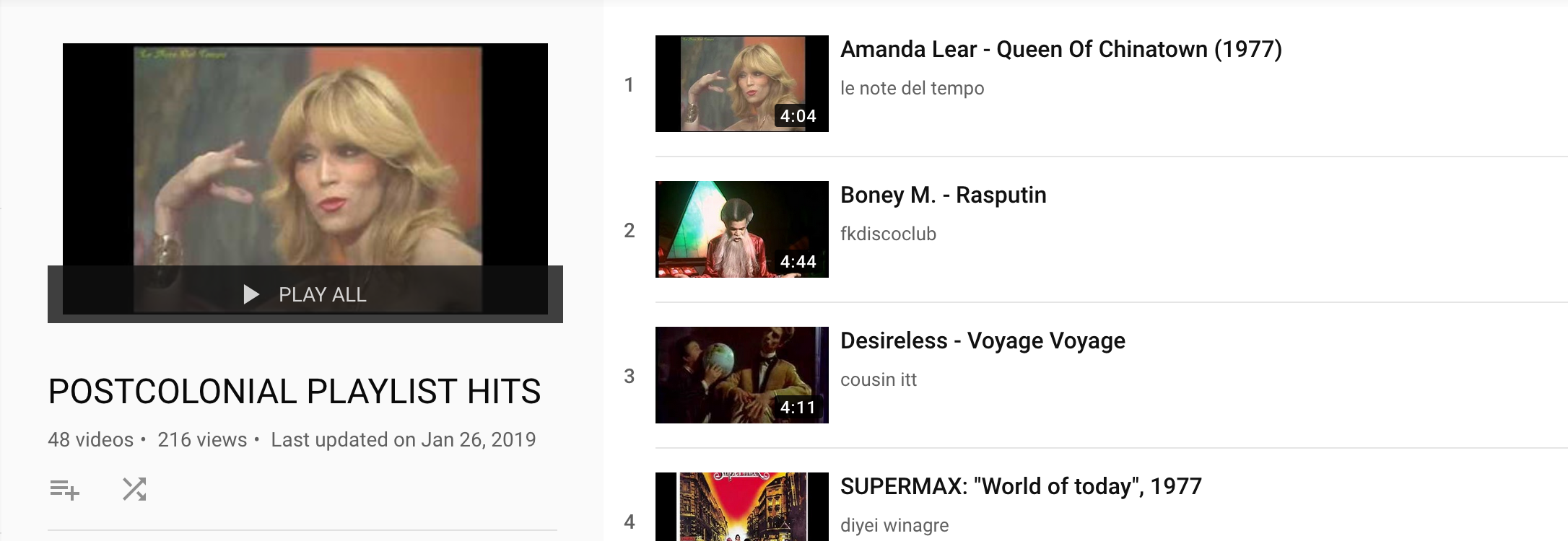
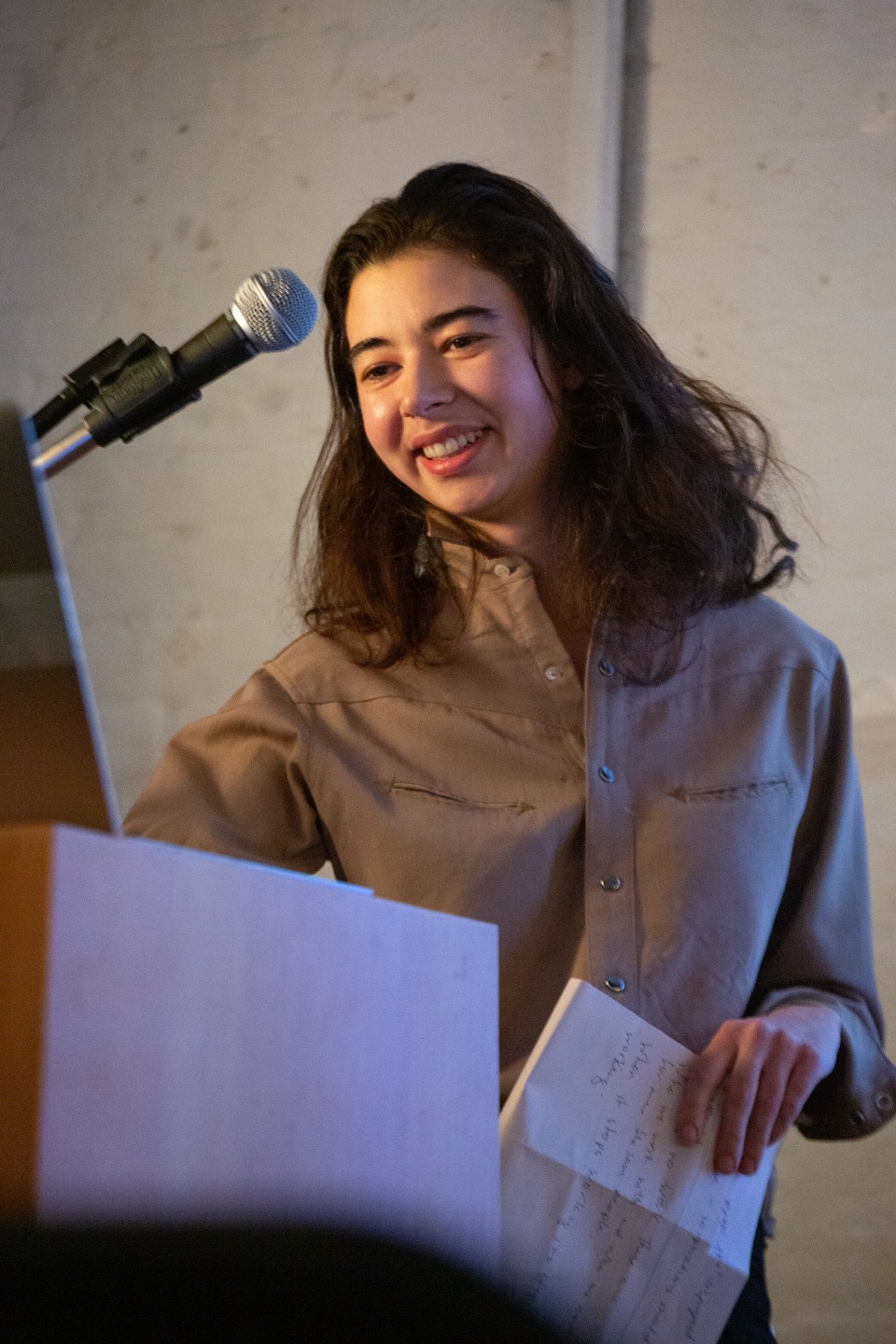
Yasmeen Khaja: “Cultural Affect in (Solitary) Cyberspace
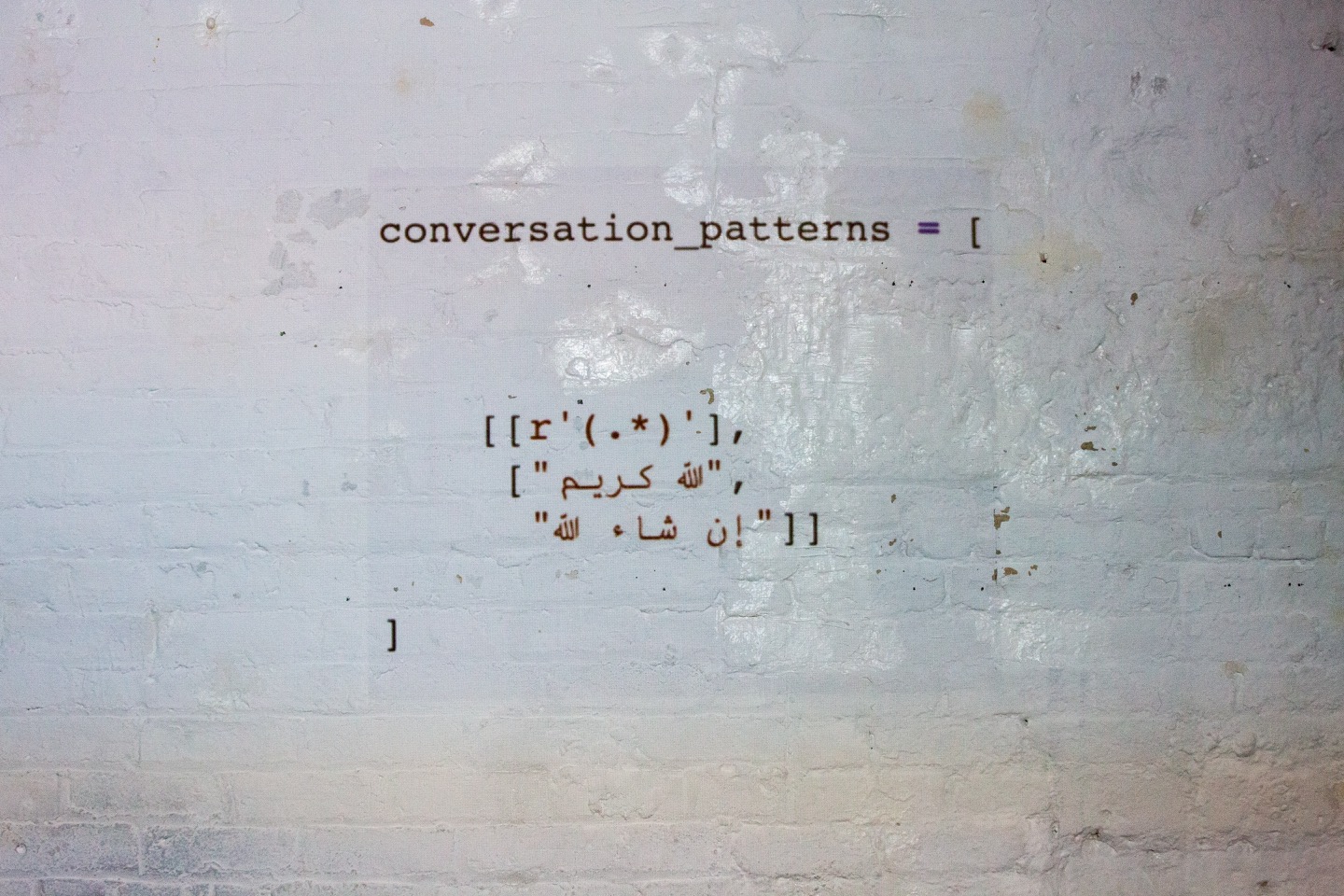
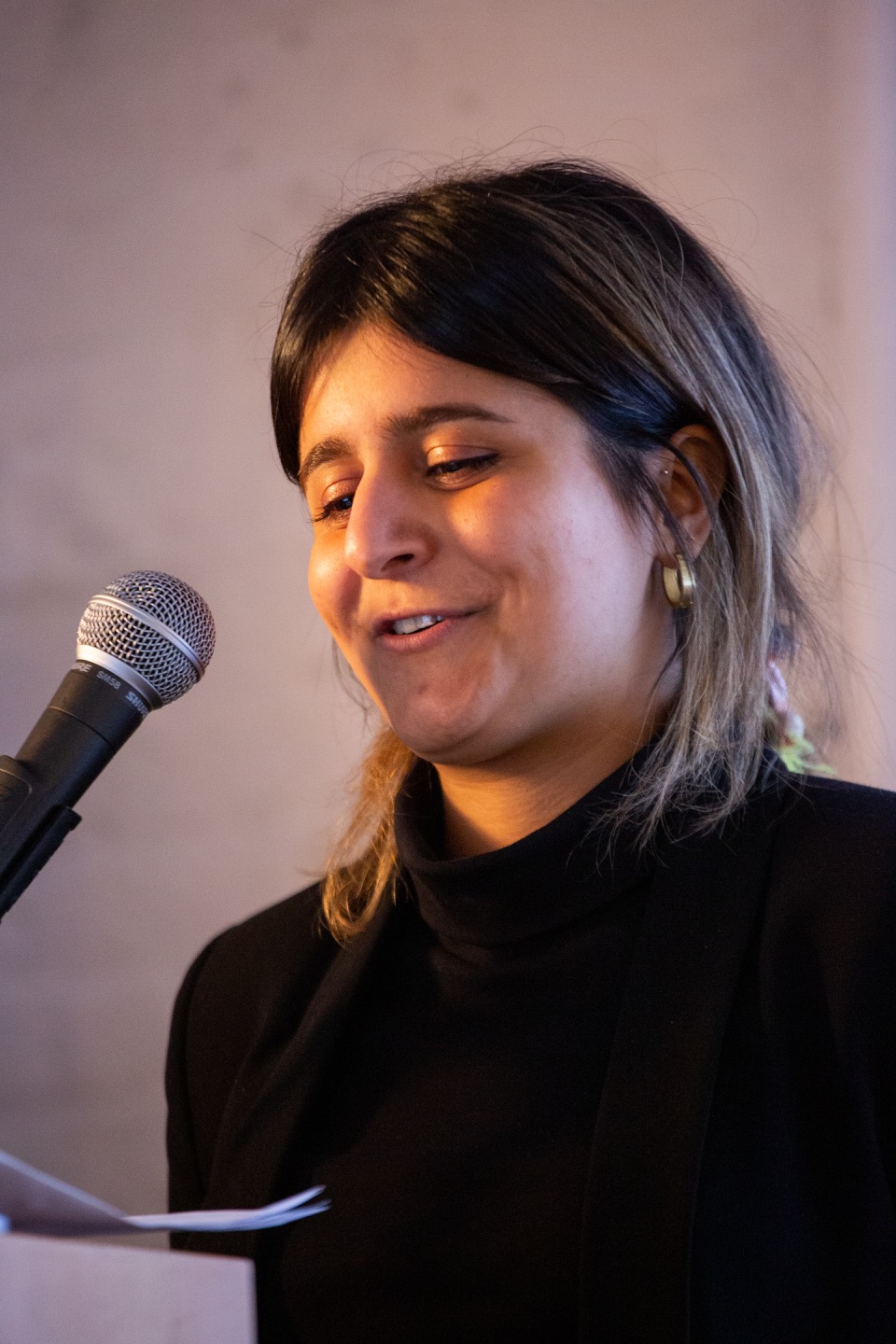
From automatic writing through automation to creating a distributed web of care, we covered a vast amount of material over the course of a mere 3 weeks. With countless new ideas and seedings of nurturing friendships, the depth we achieved in this short window of time served as testament to the boundless possibilities that lay ahead. I’m excited to see how our relationships develop and what will come of the final assignment Melanie set us – to take the Code Societies syllabus and spirit, and adapt it to our own communities with hopes that hybrid futures will emerge.
